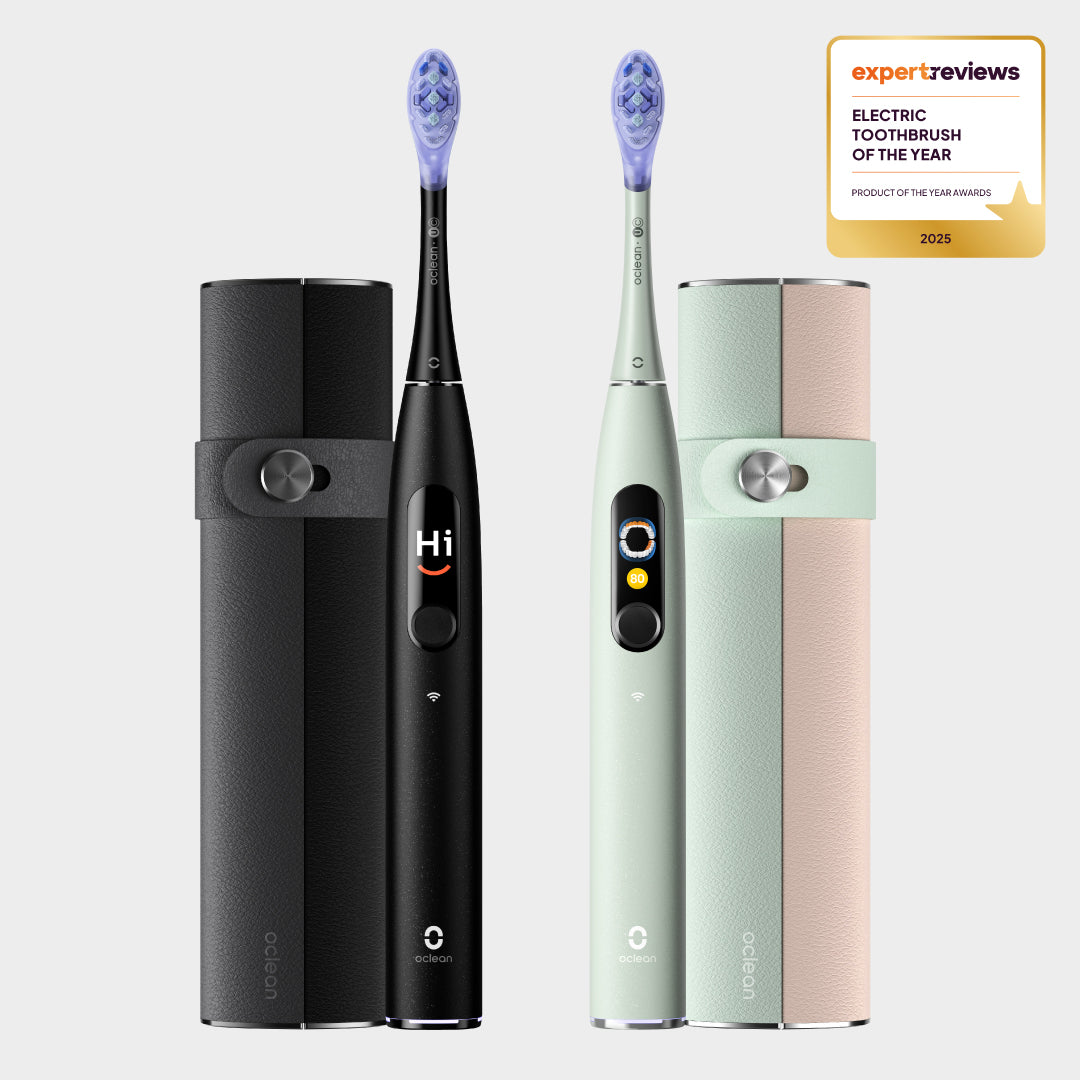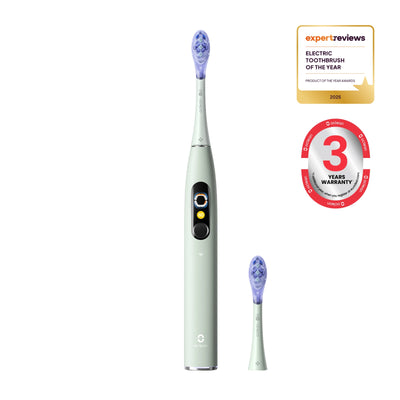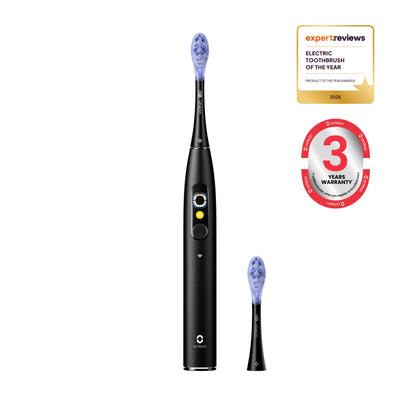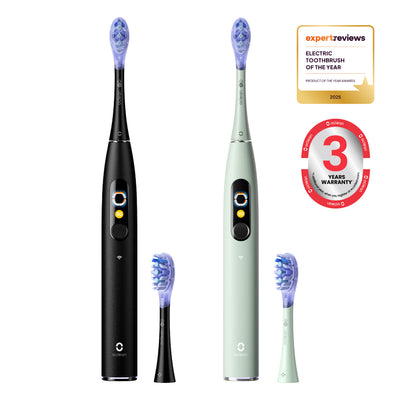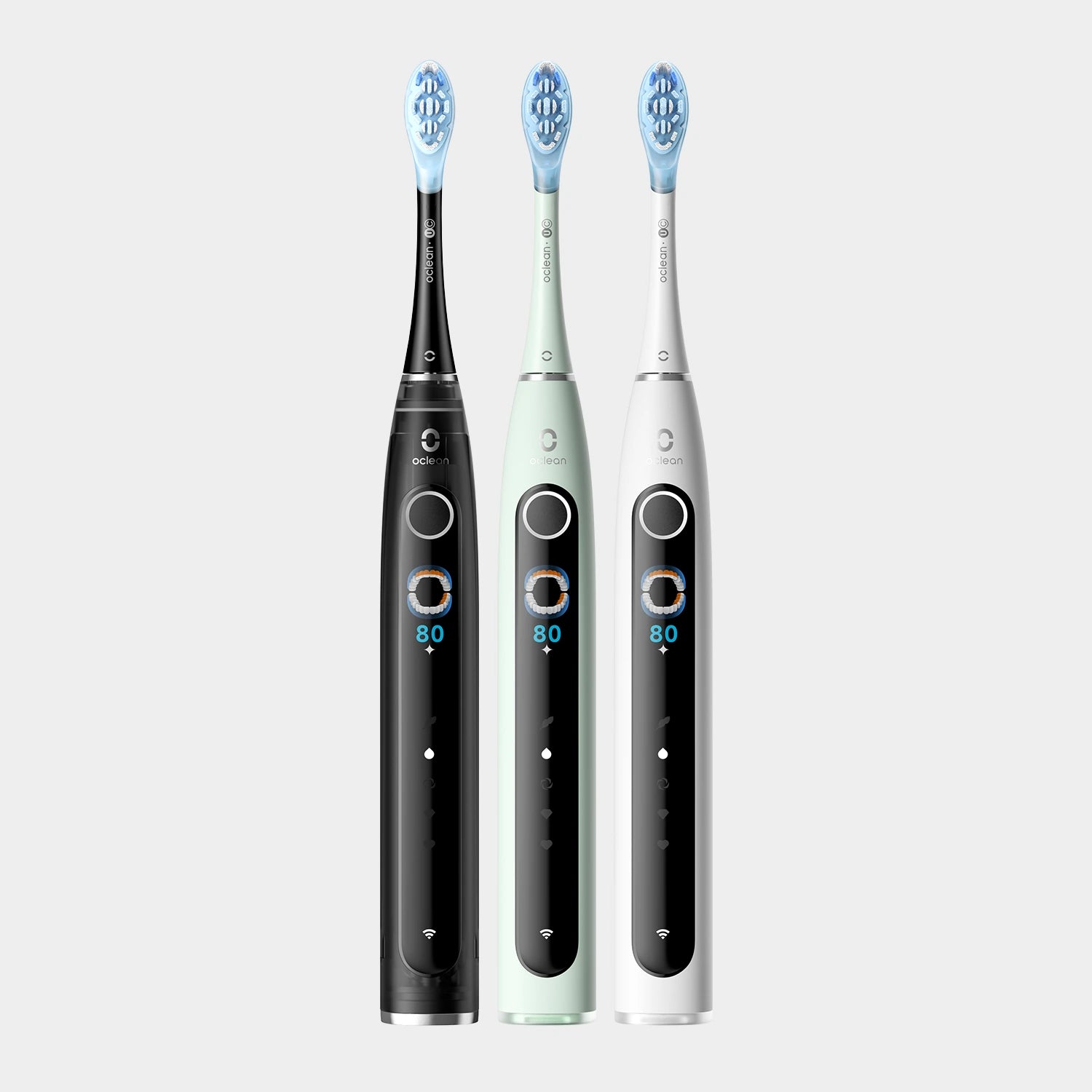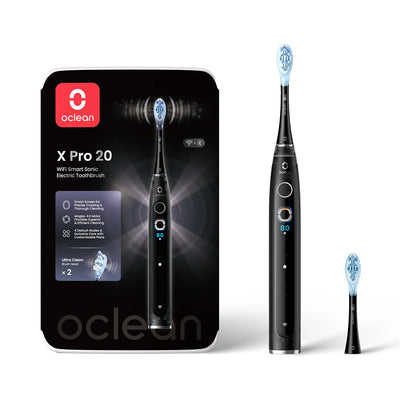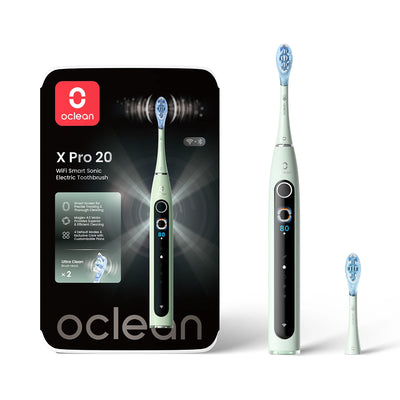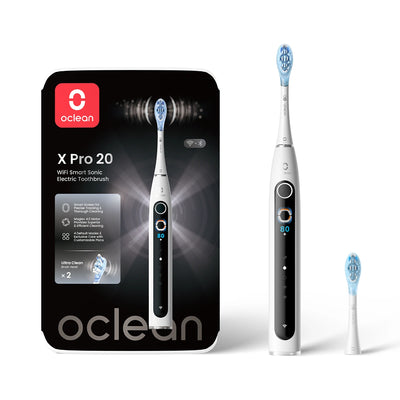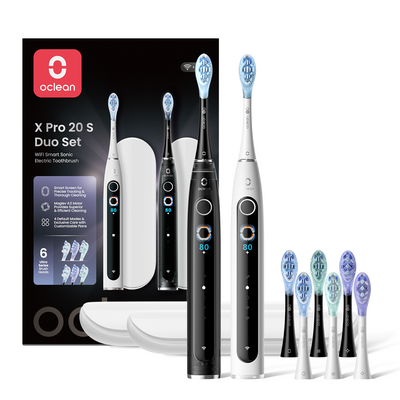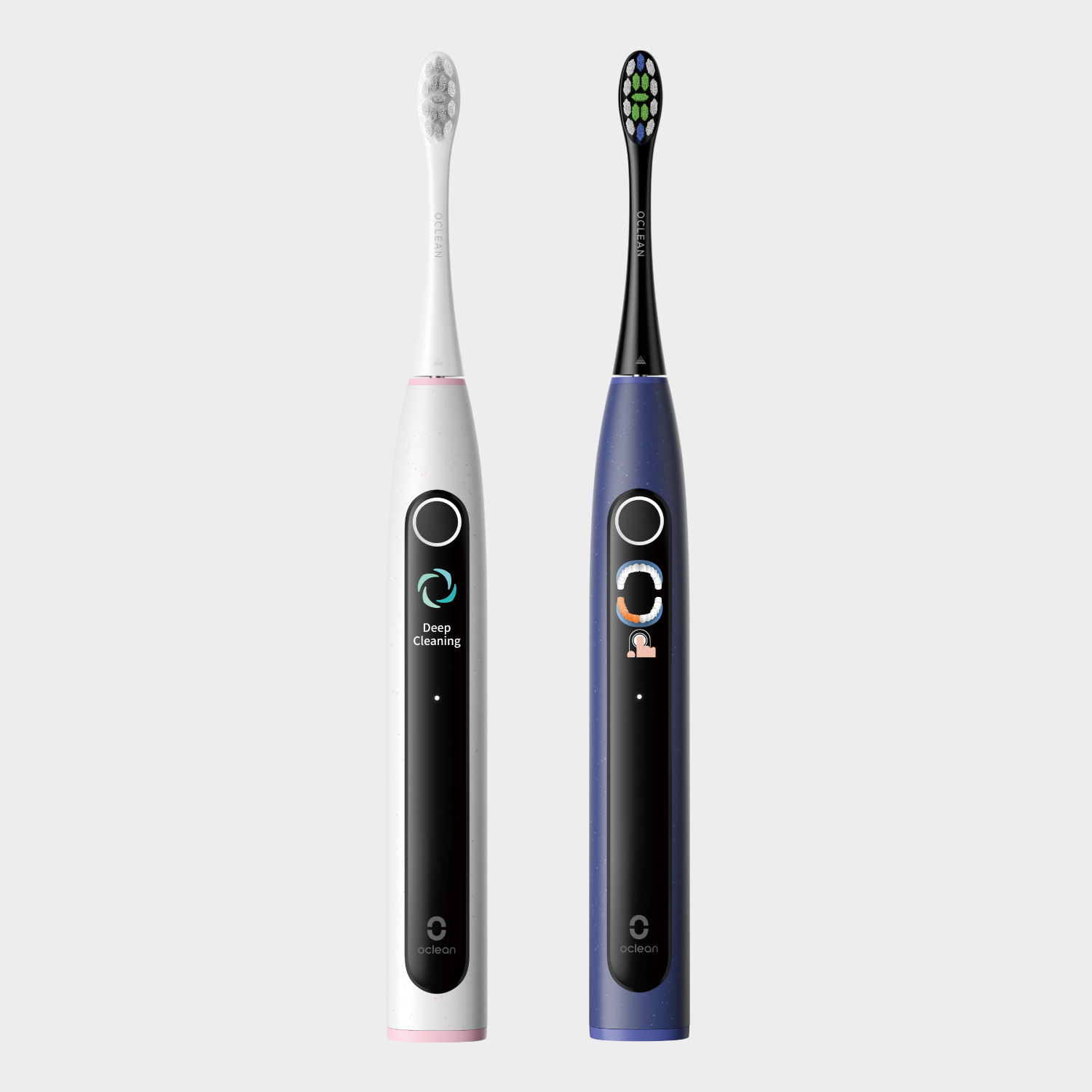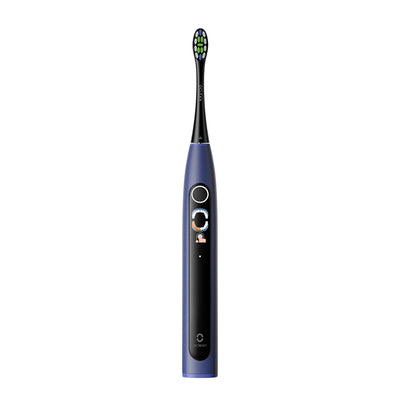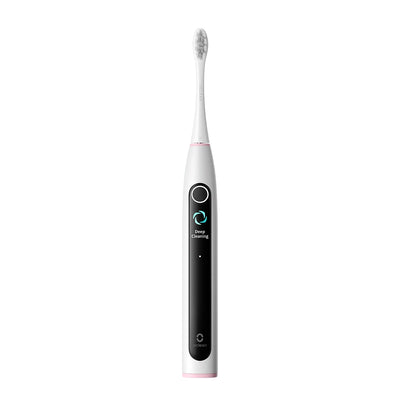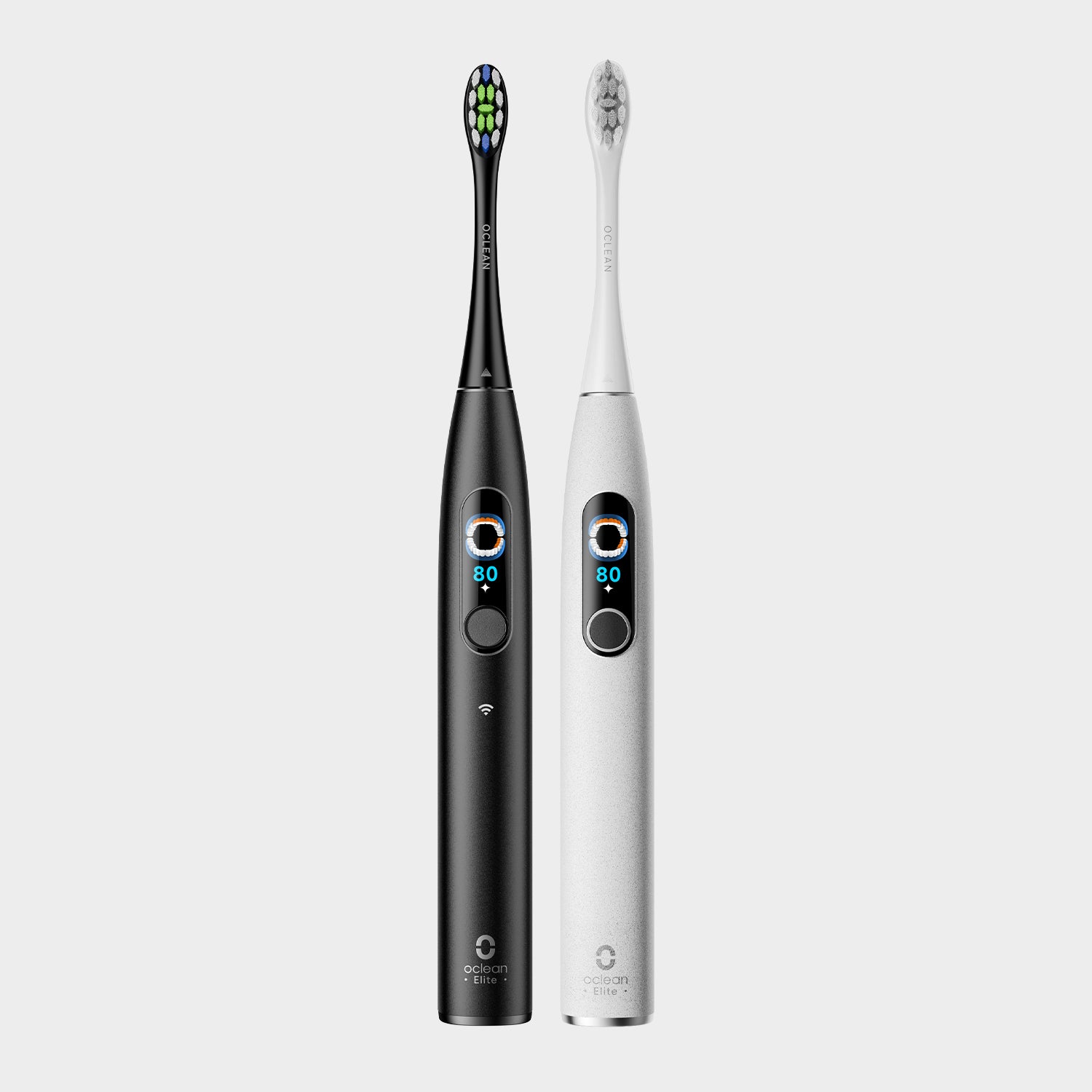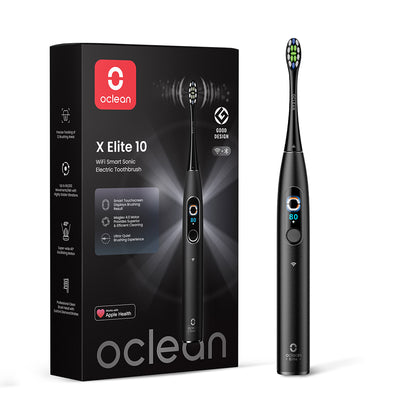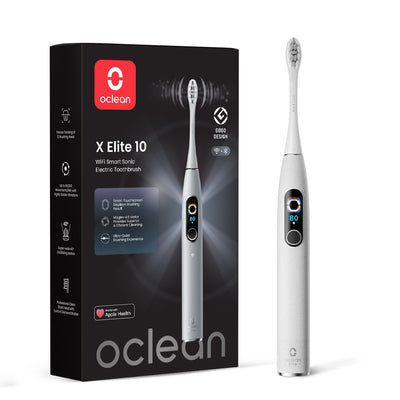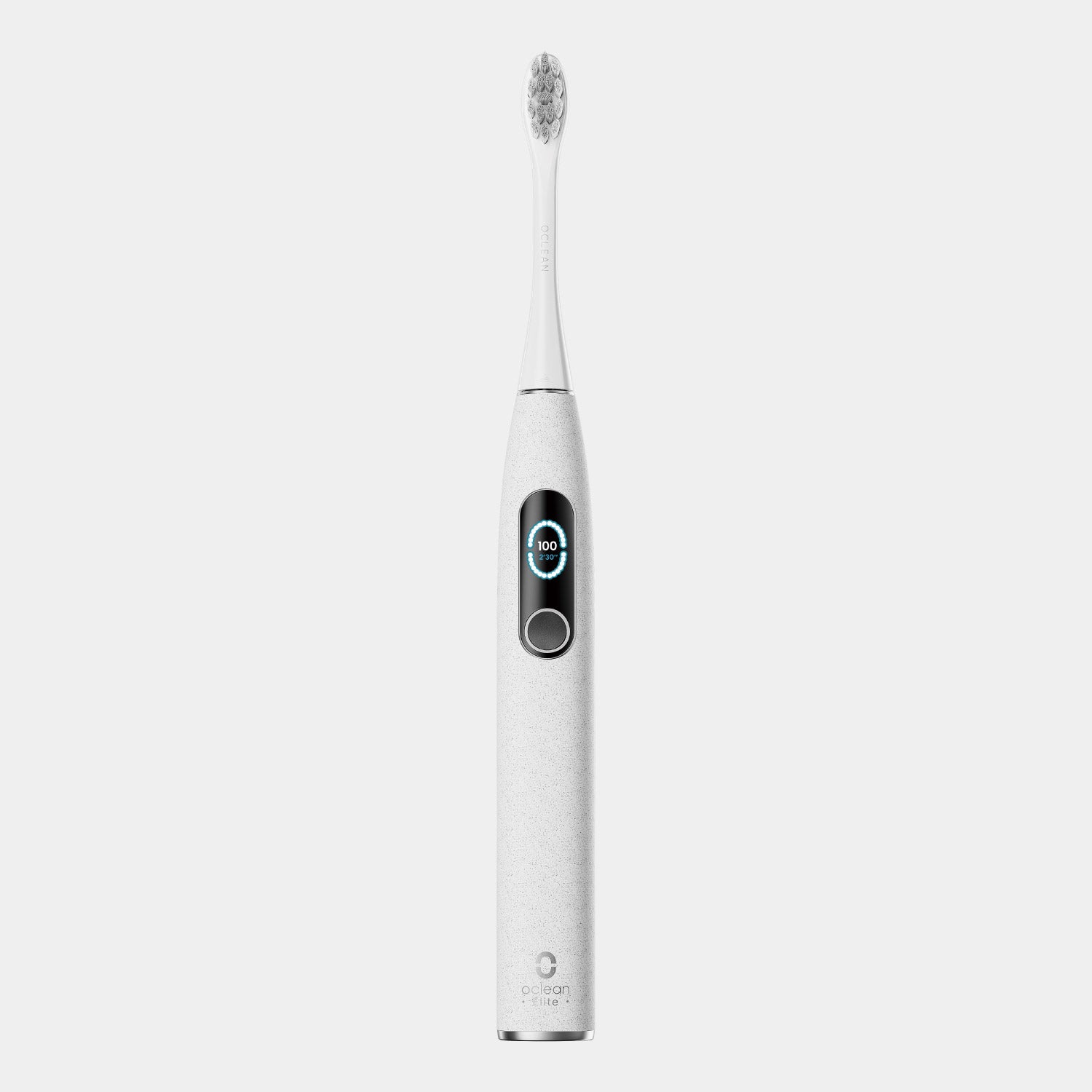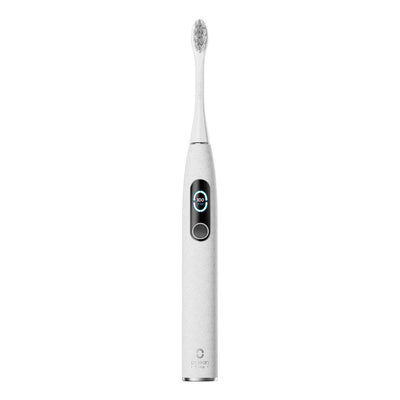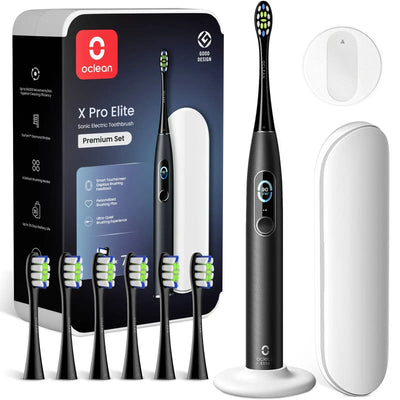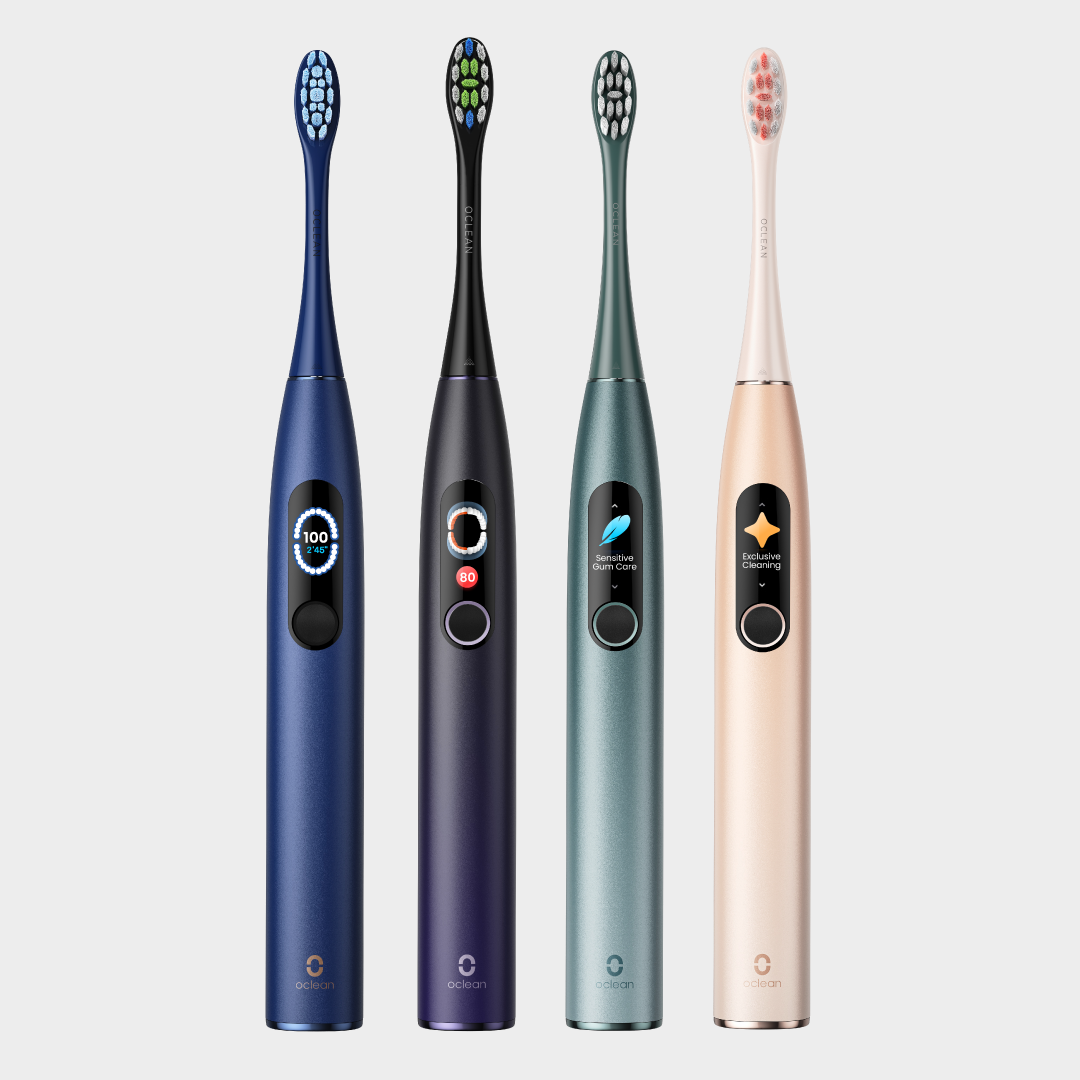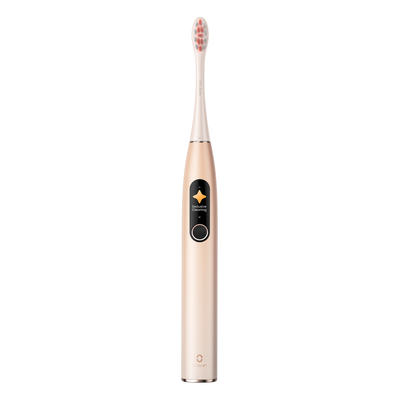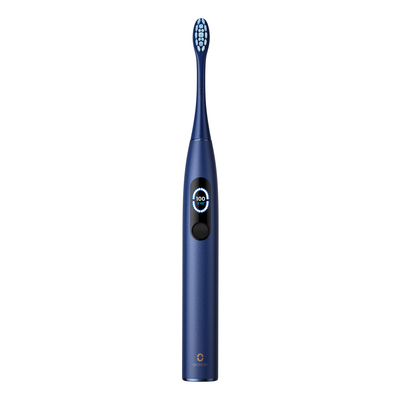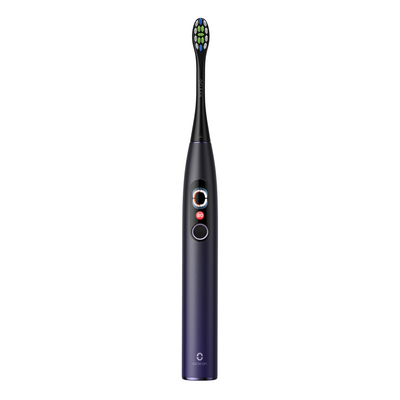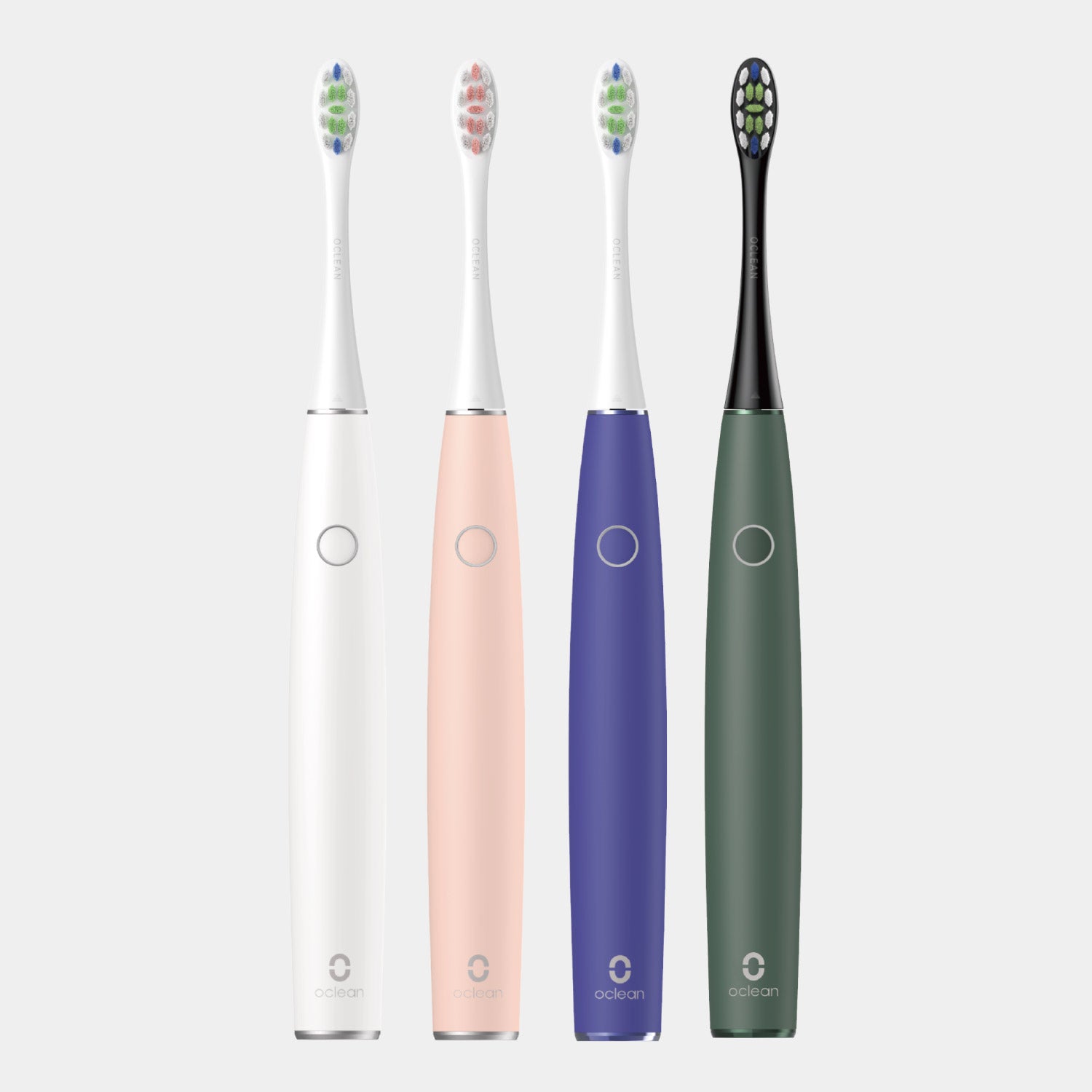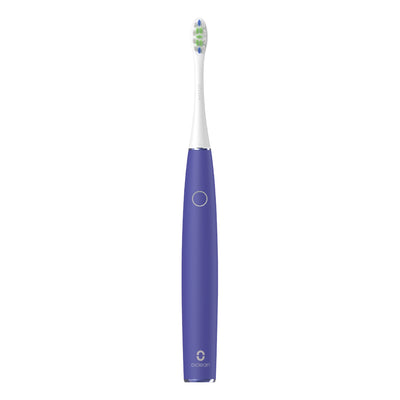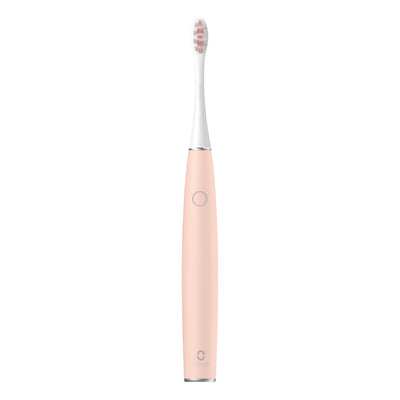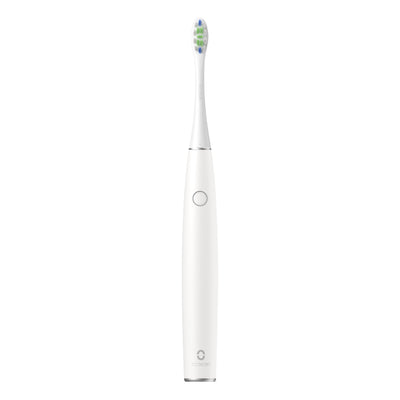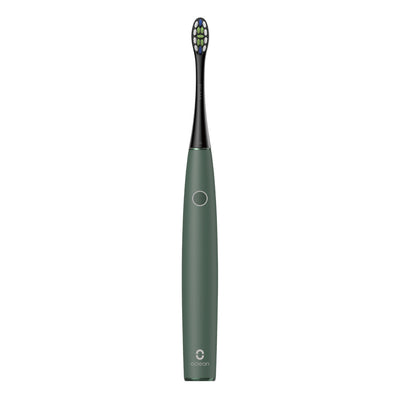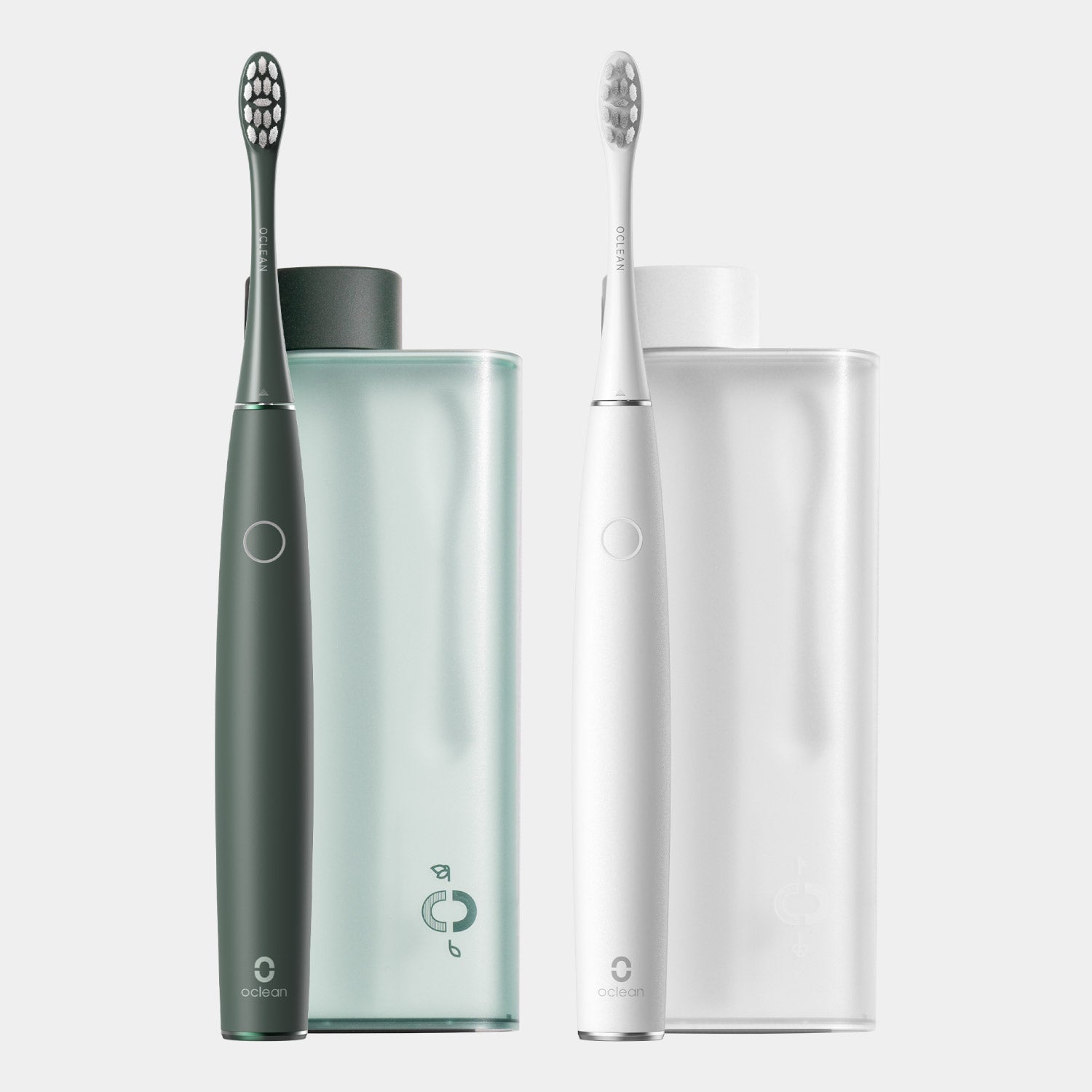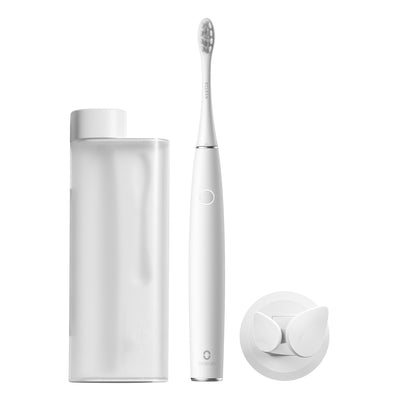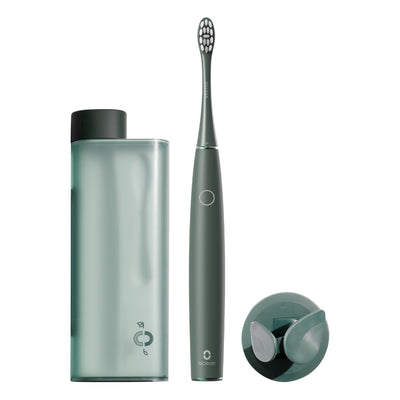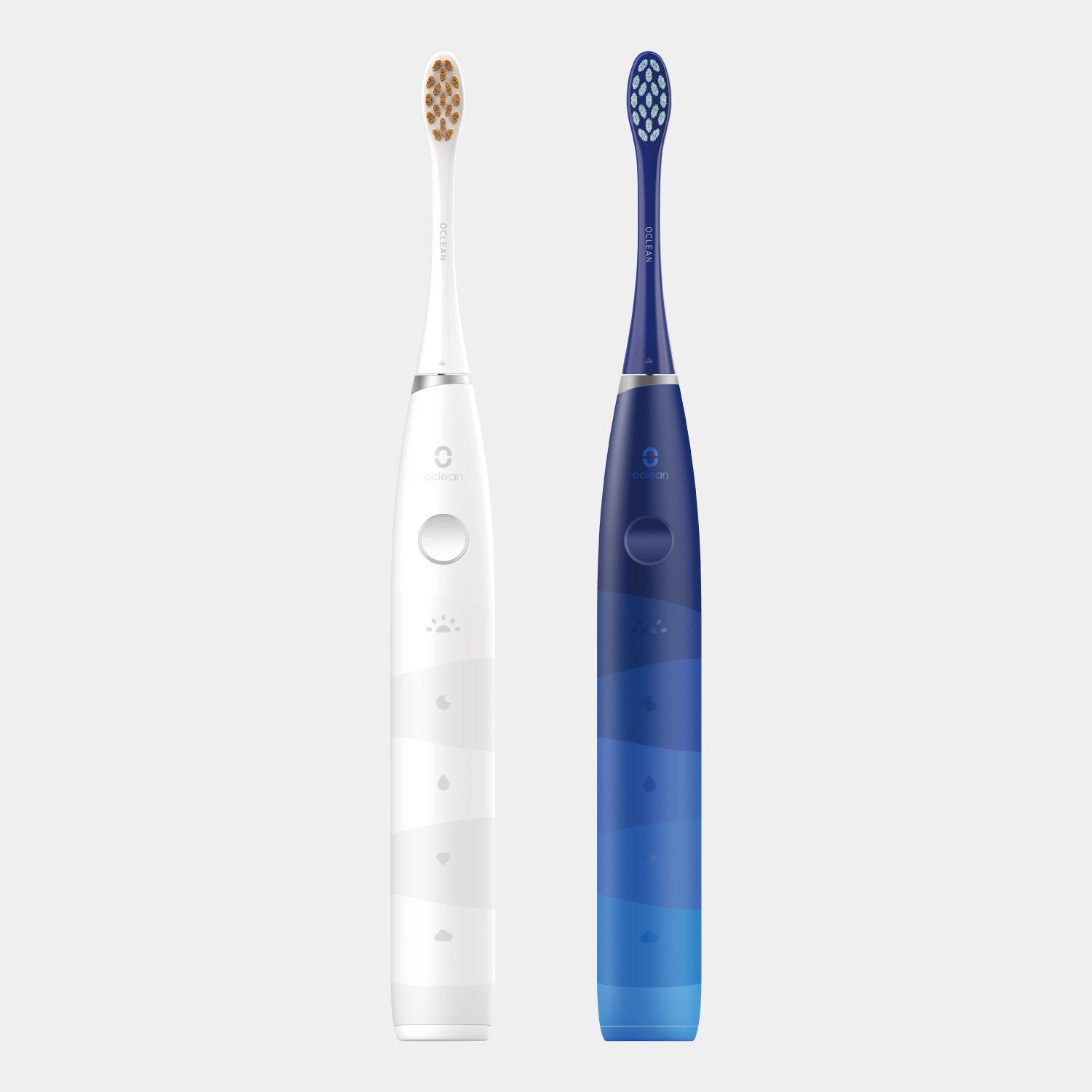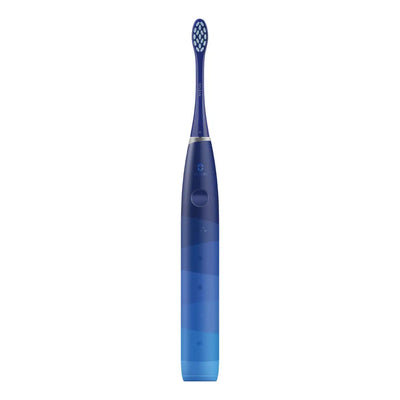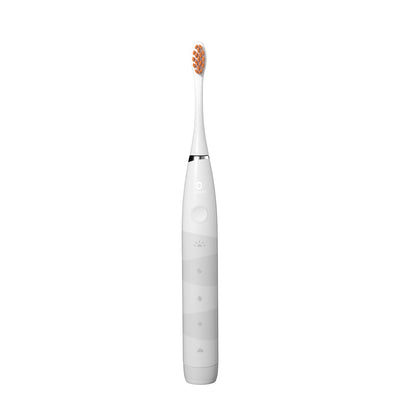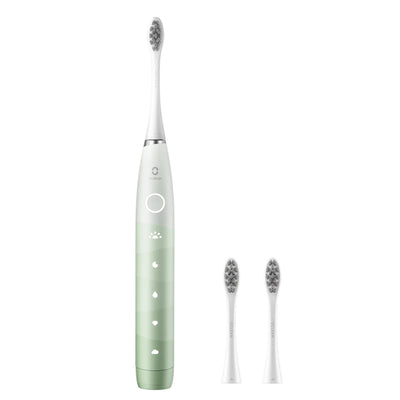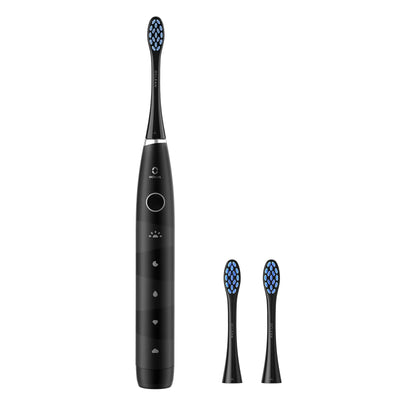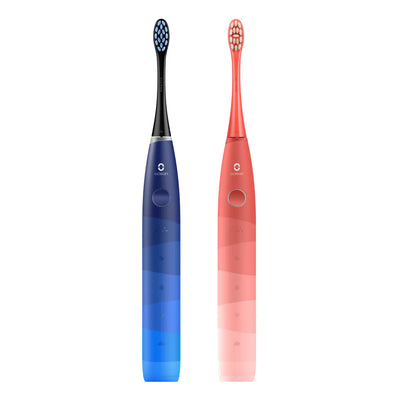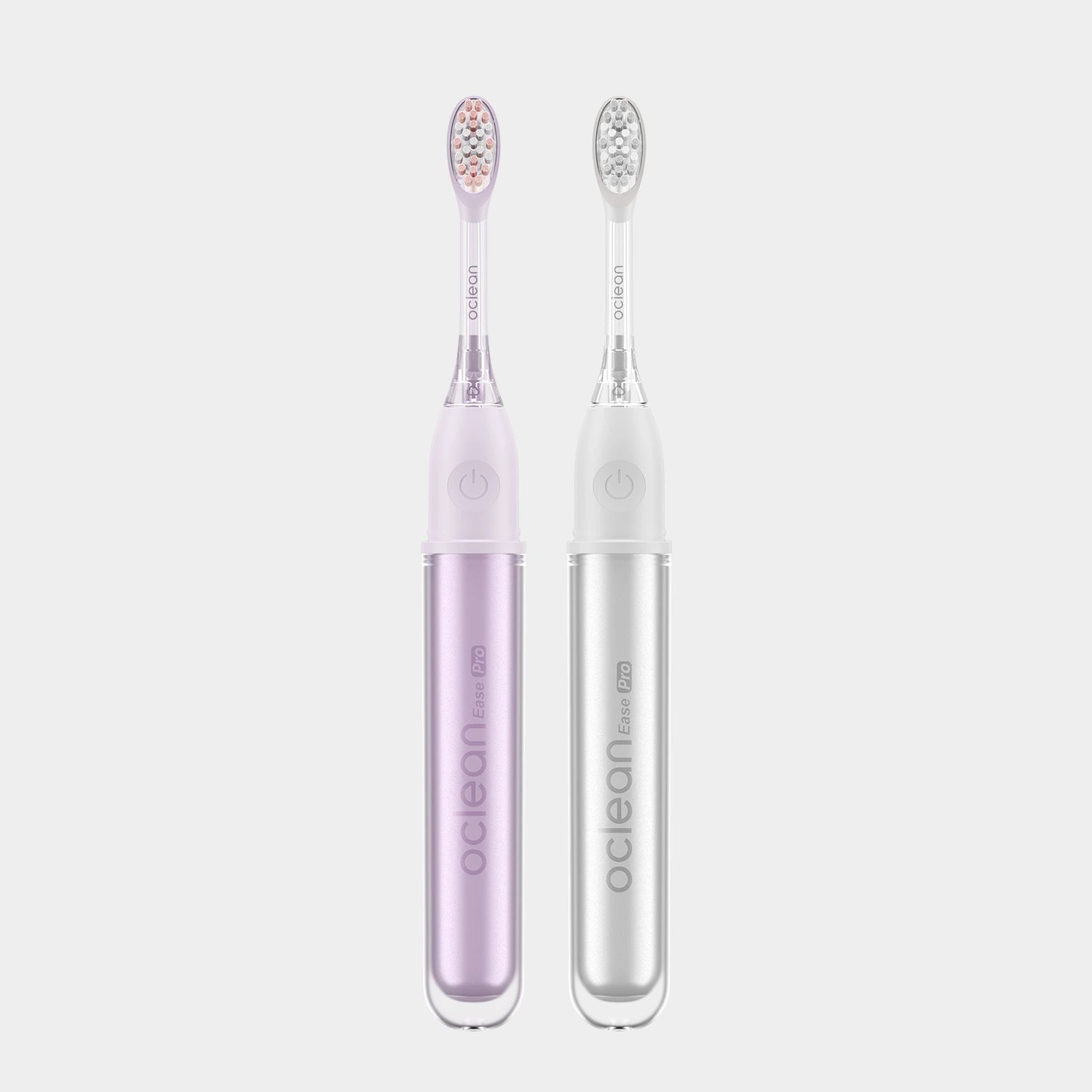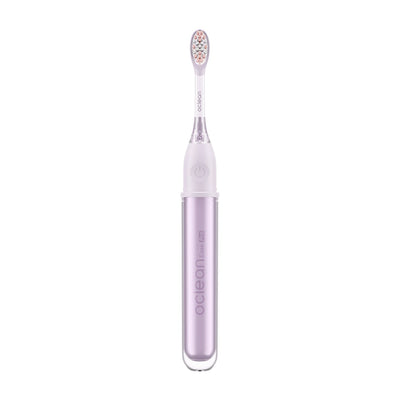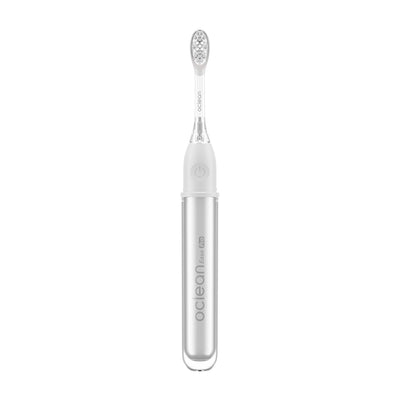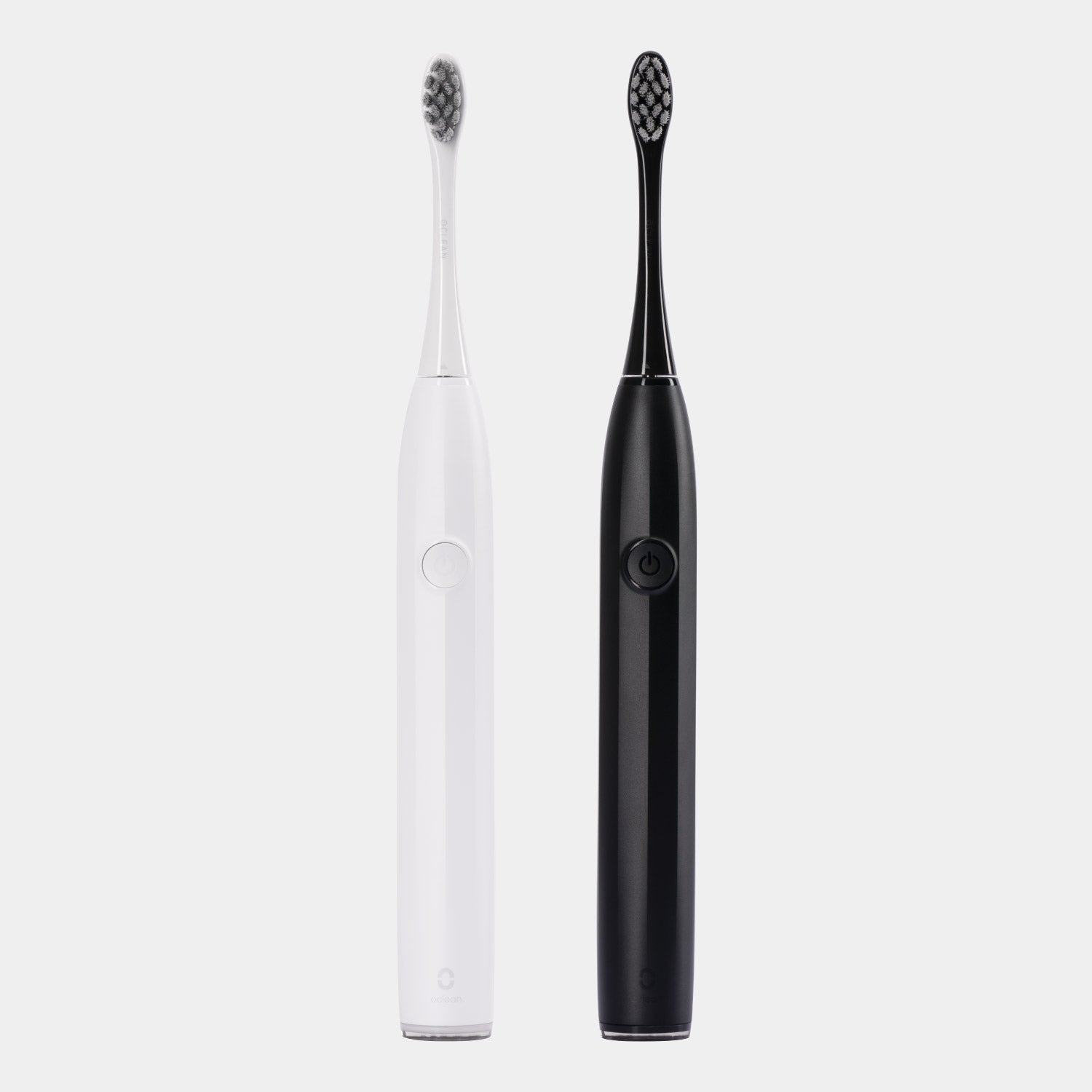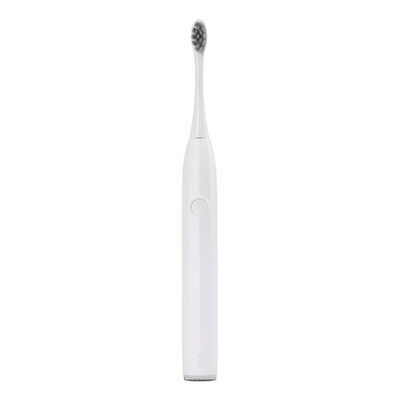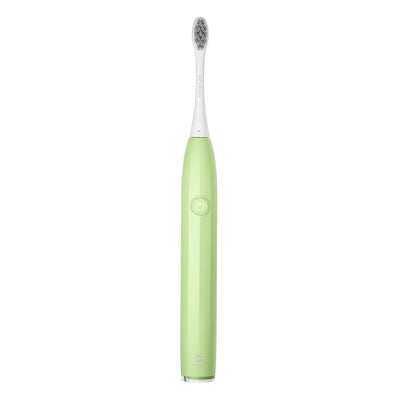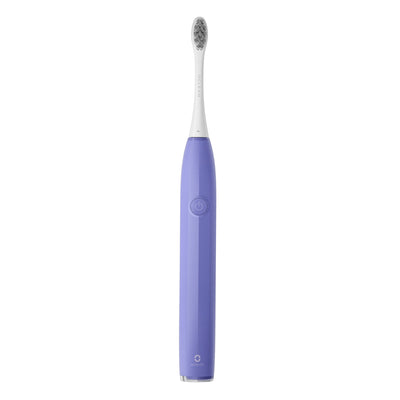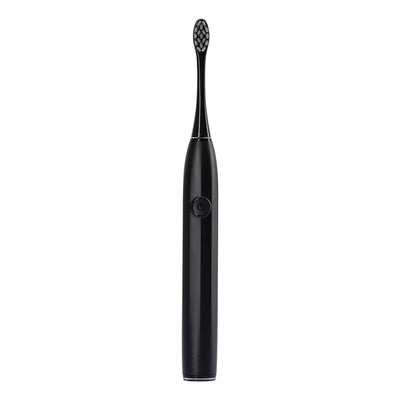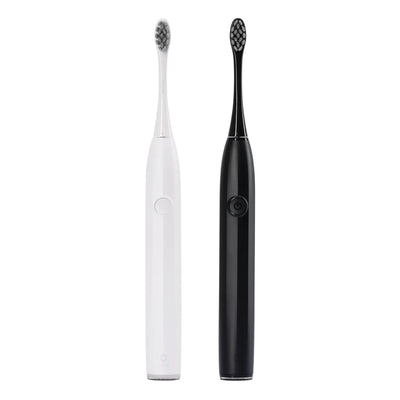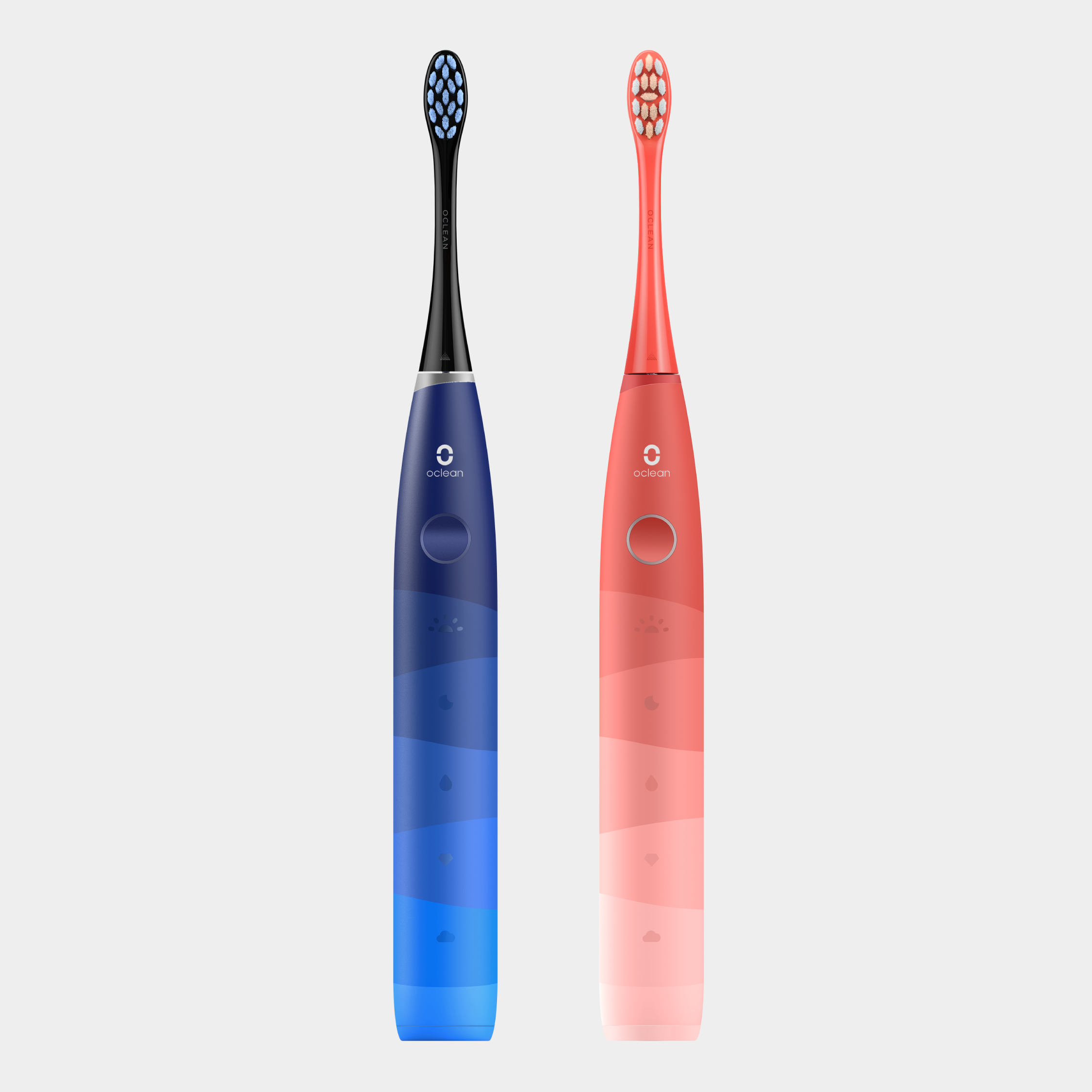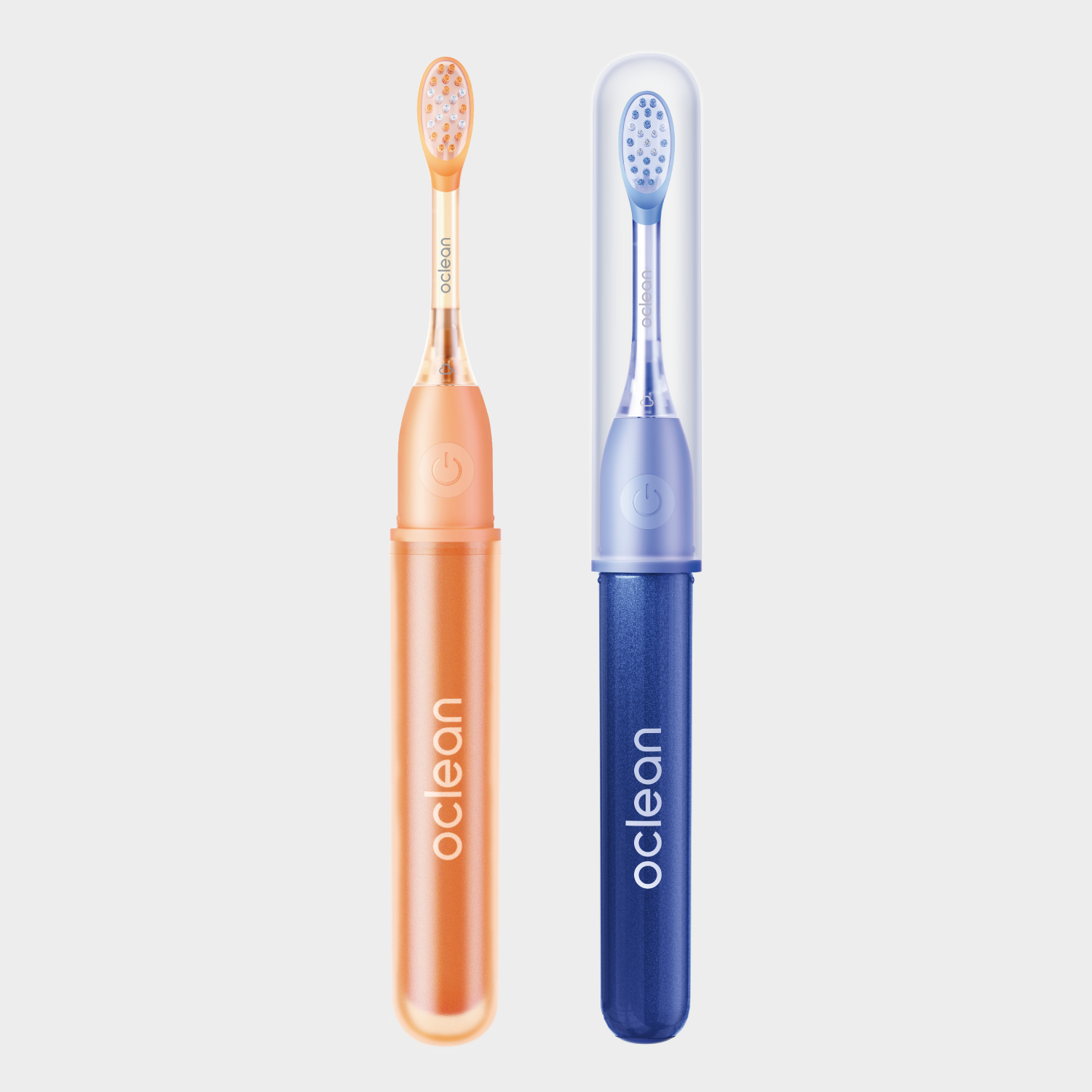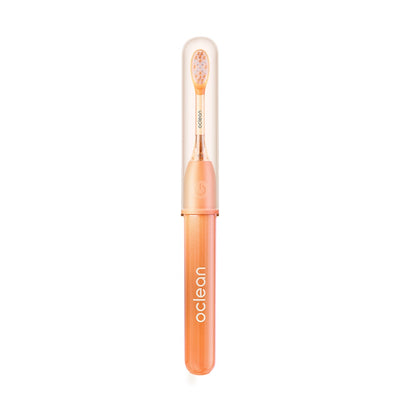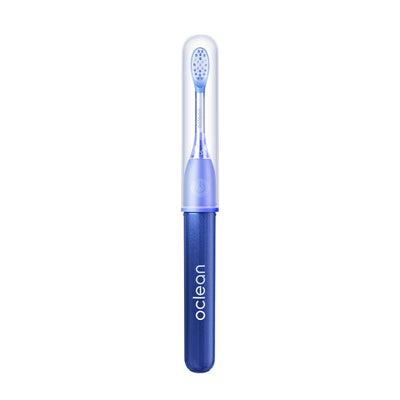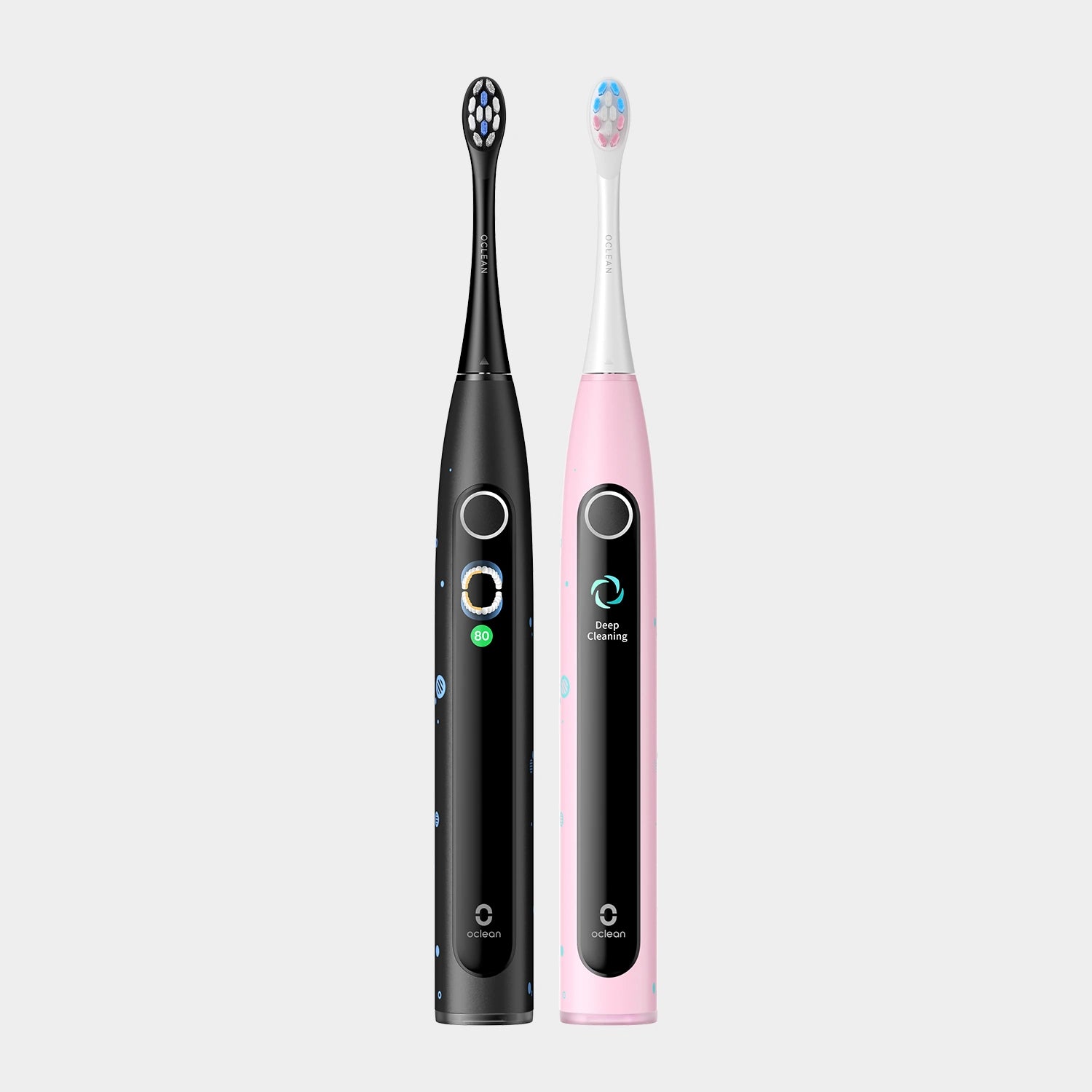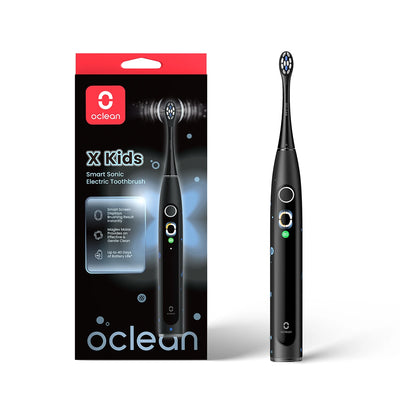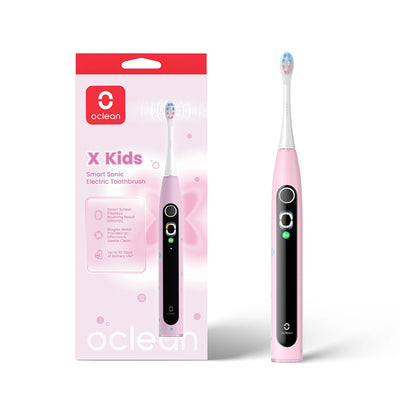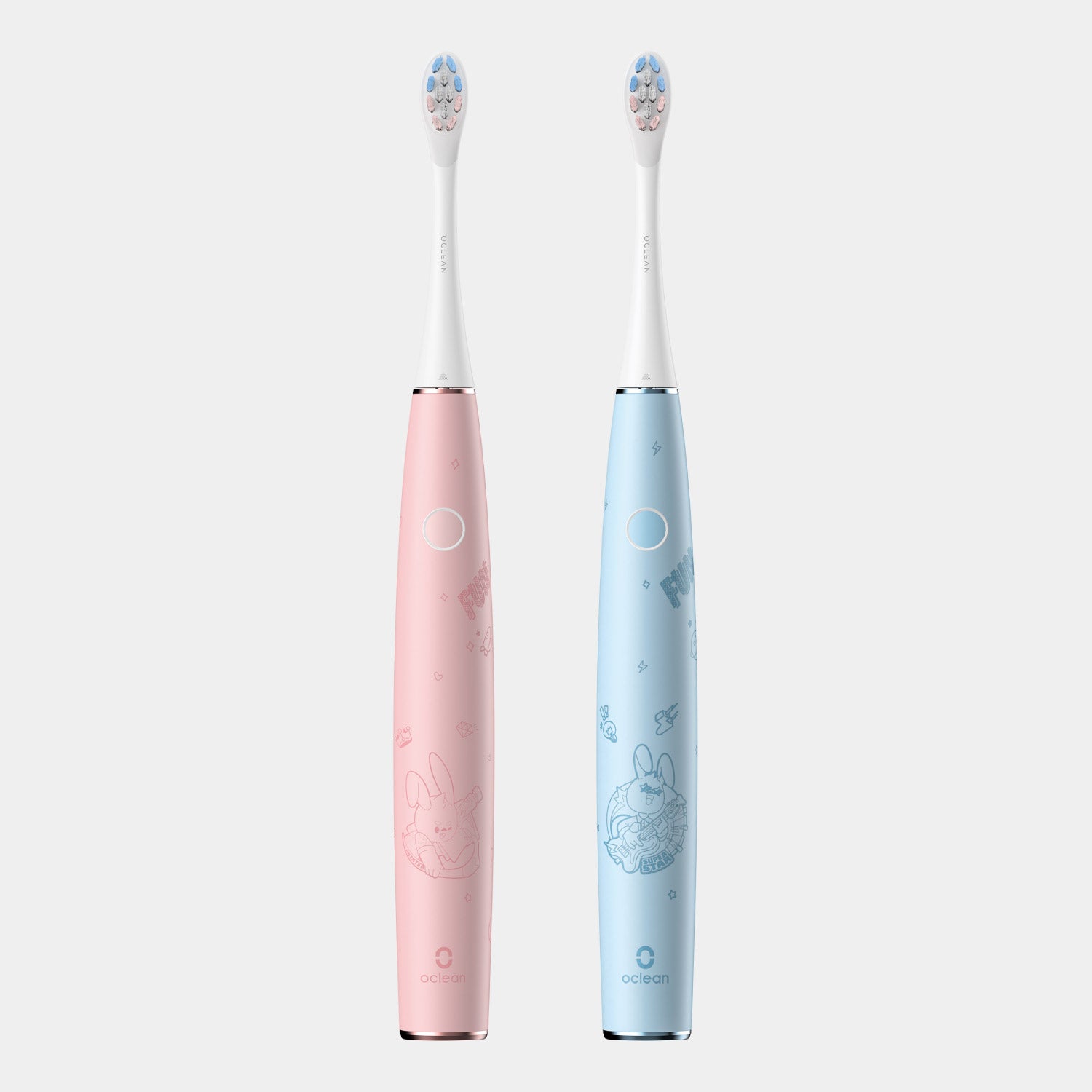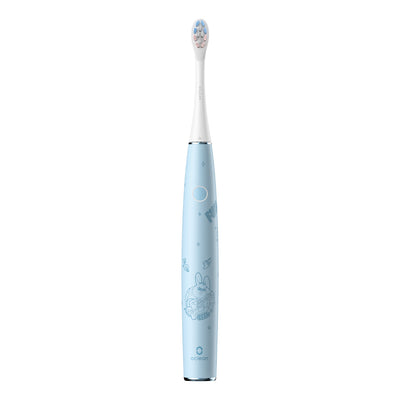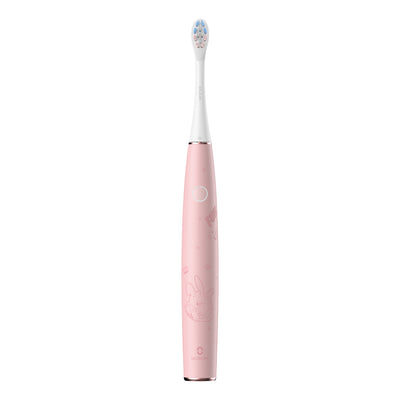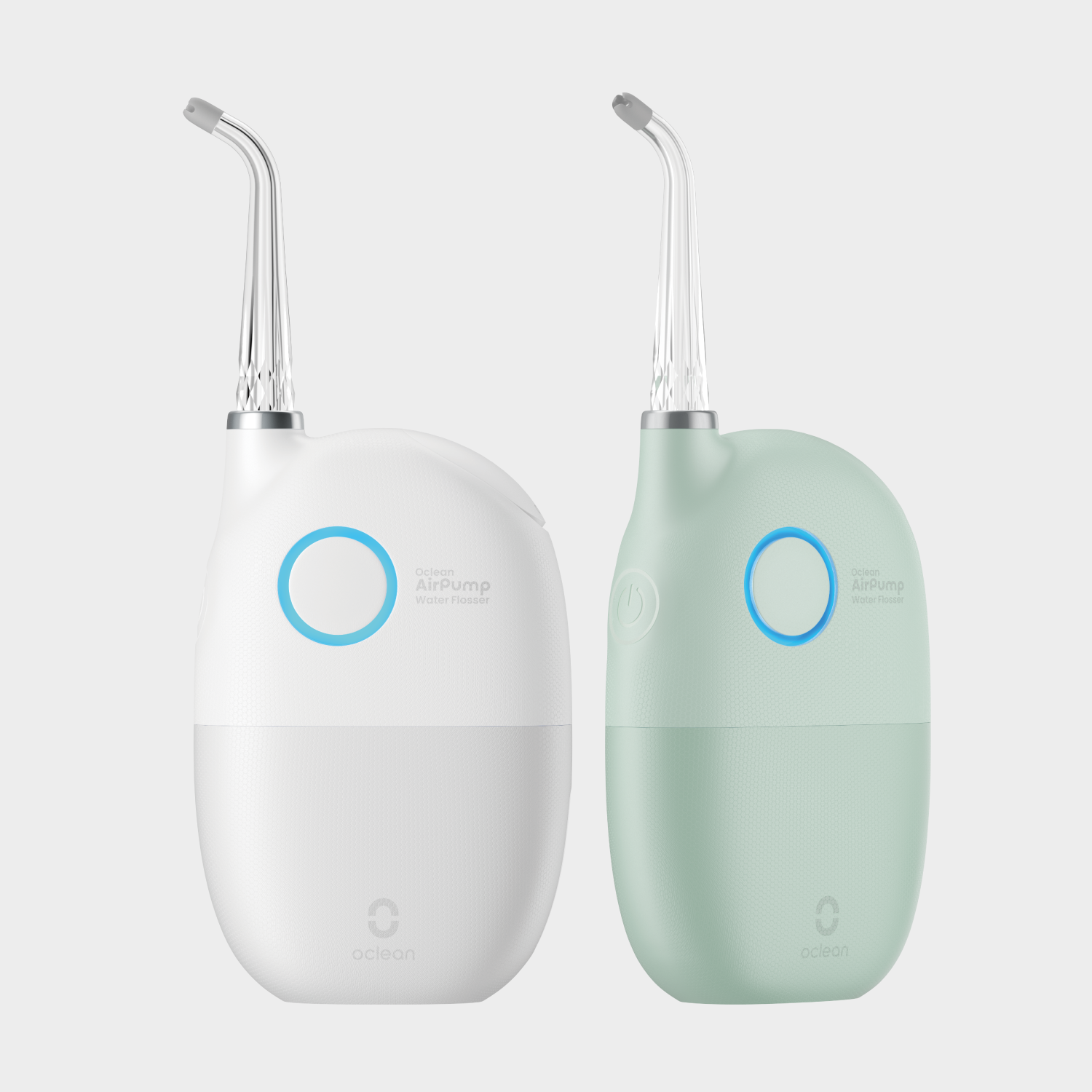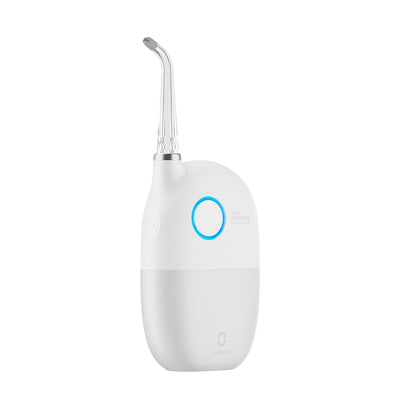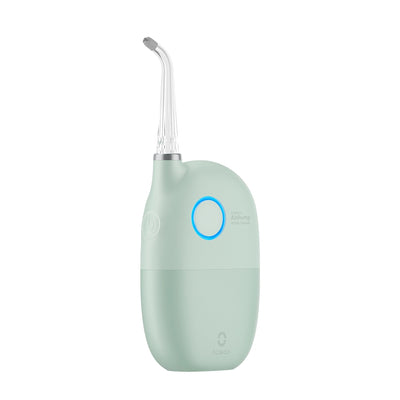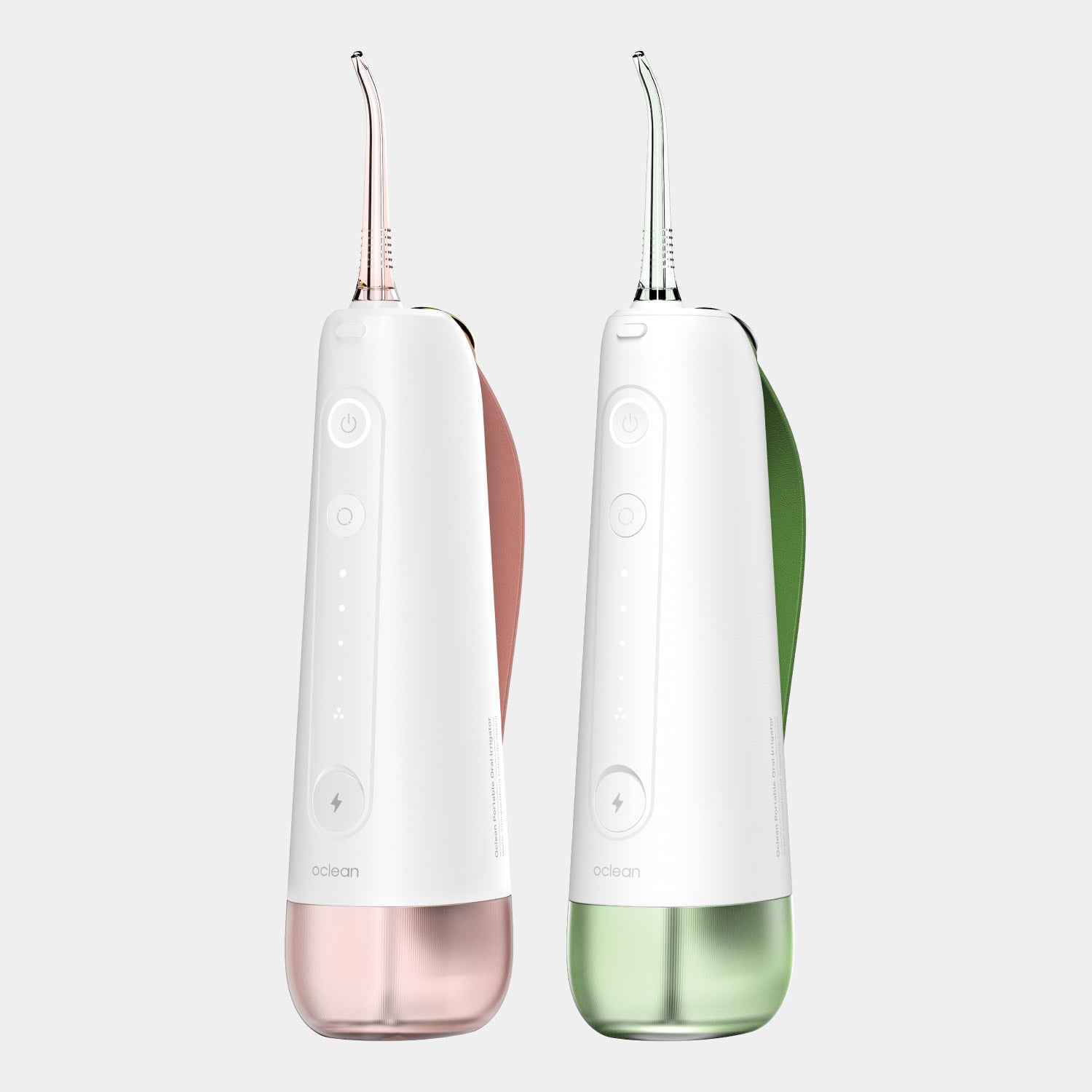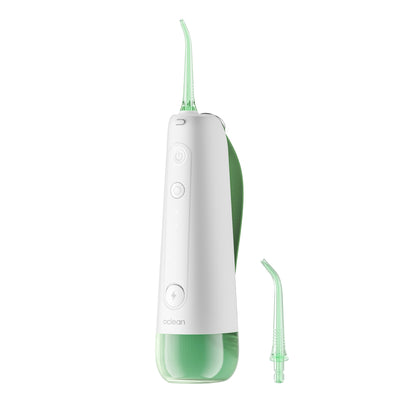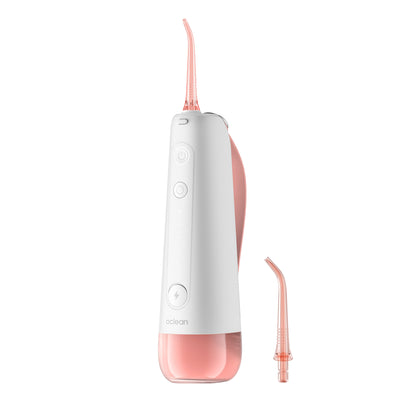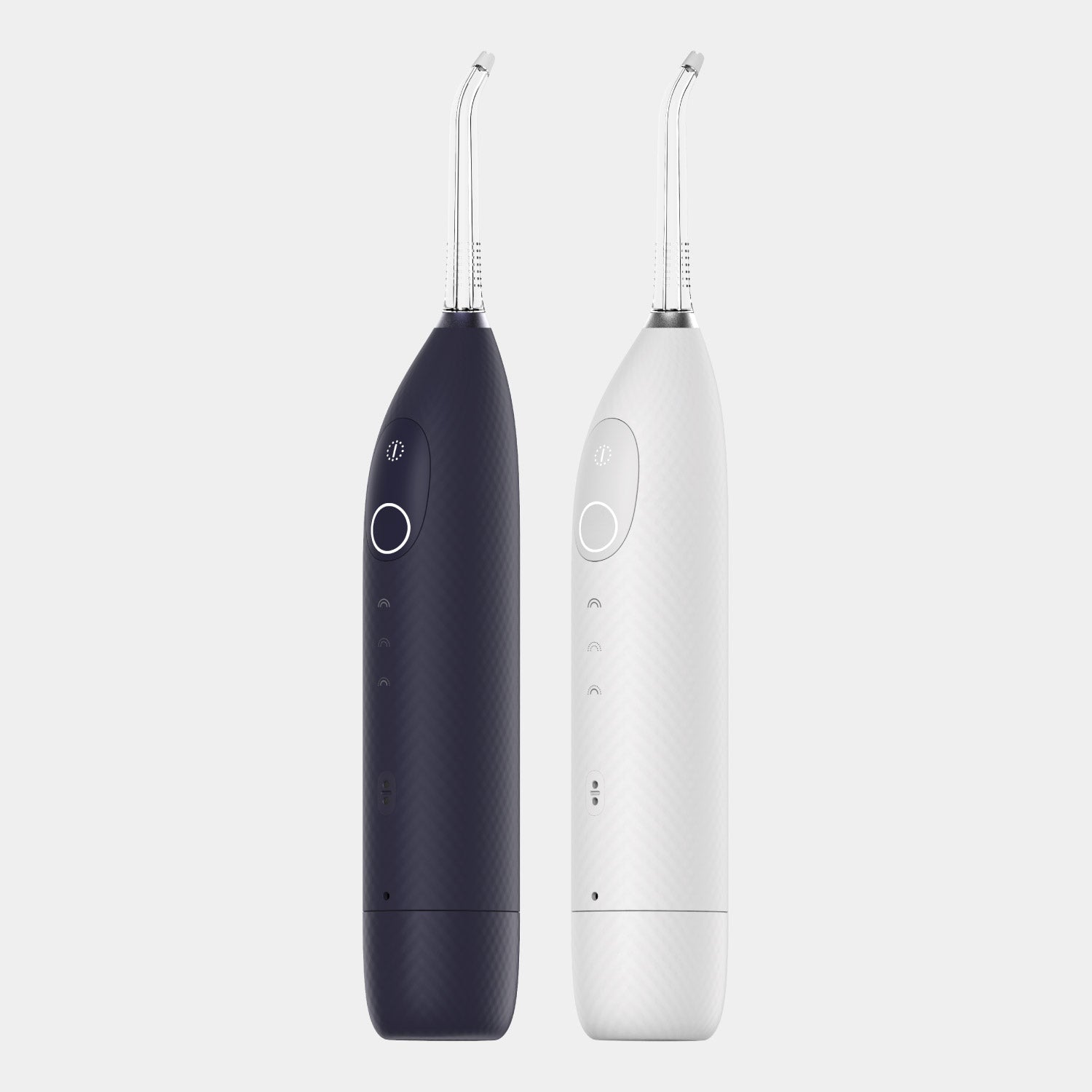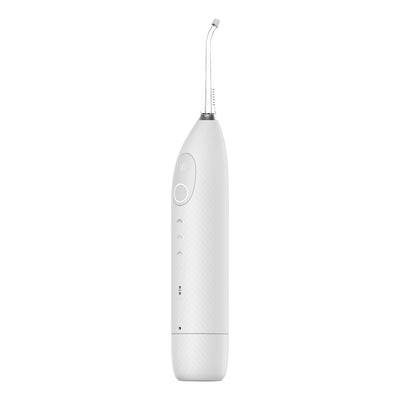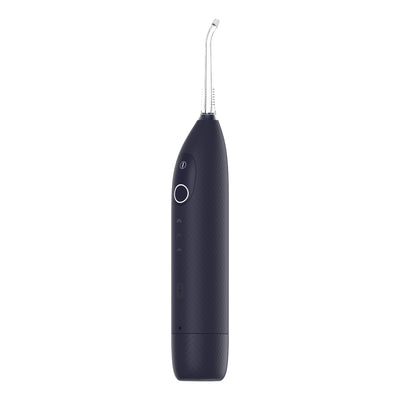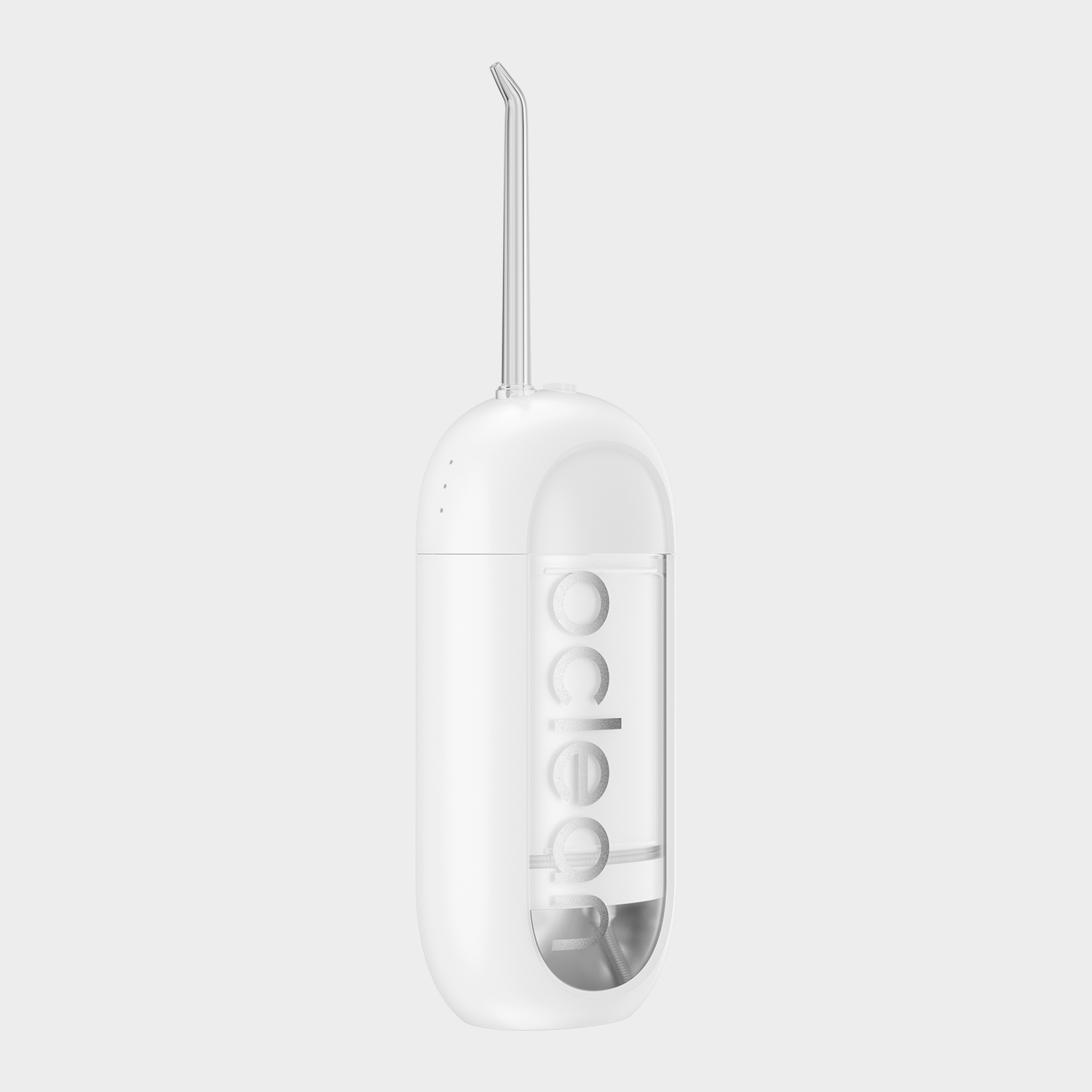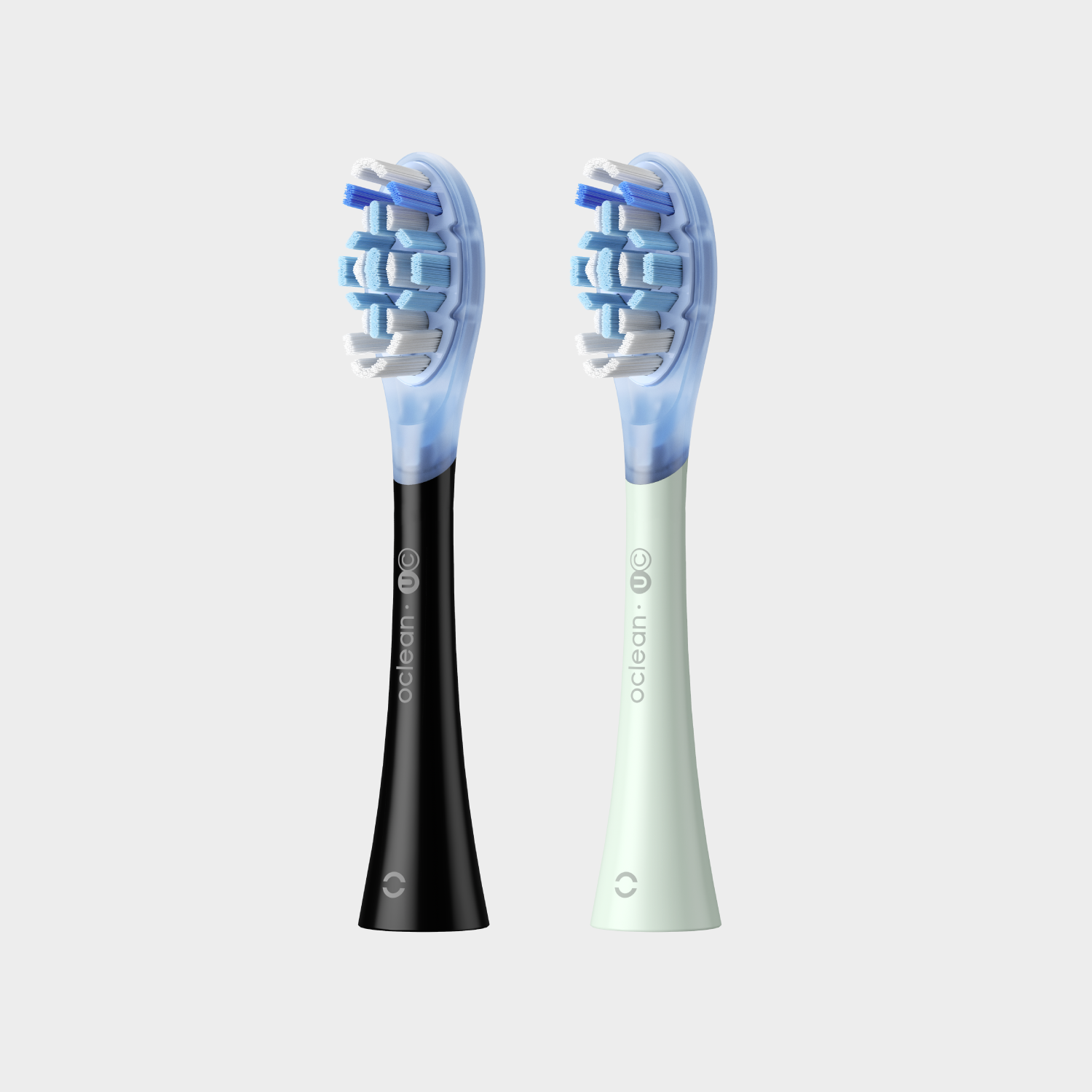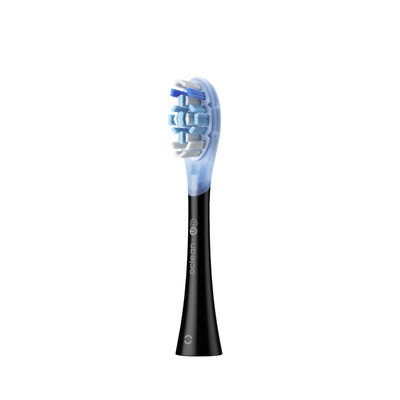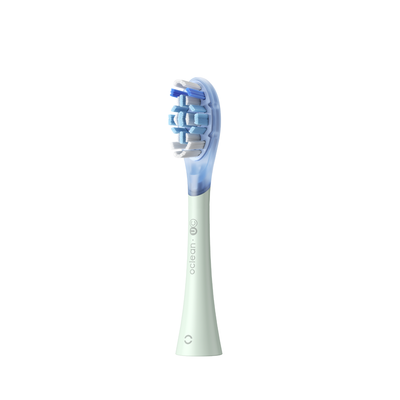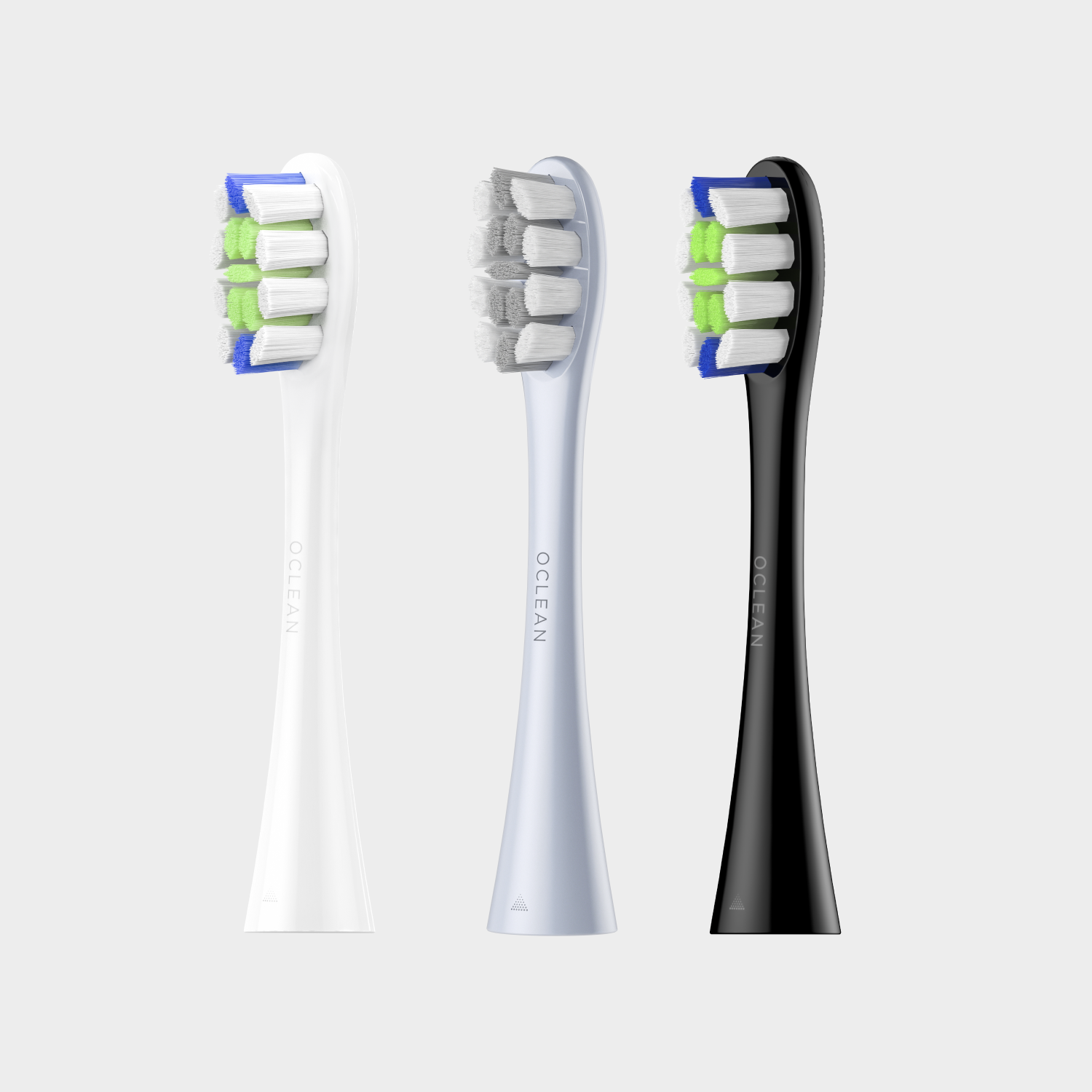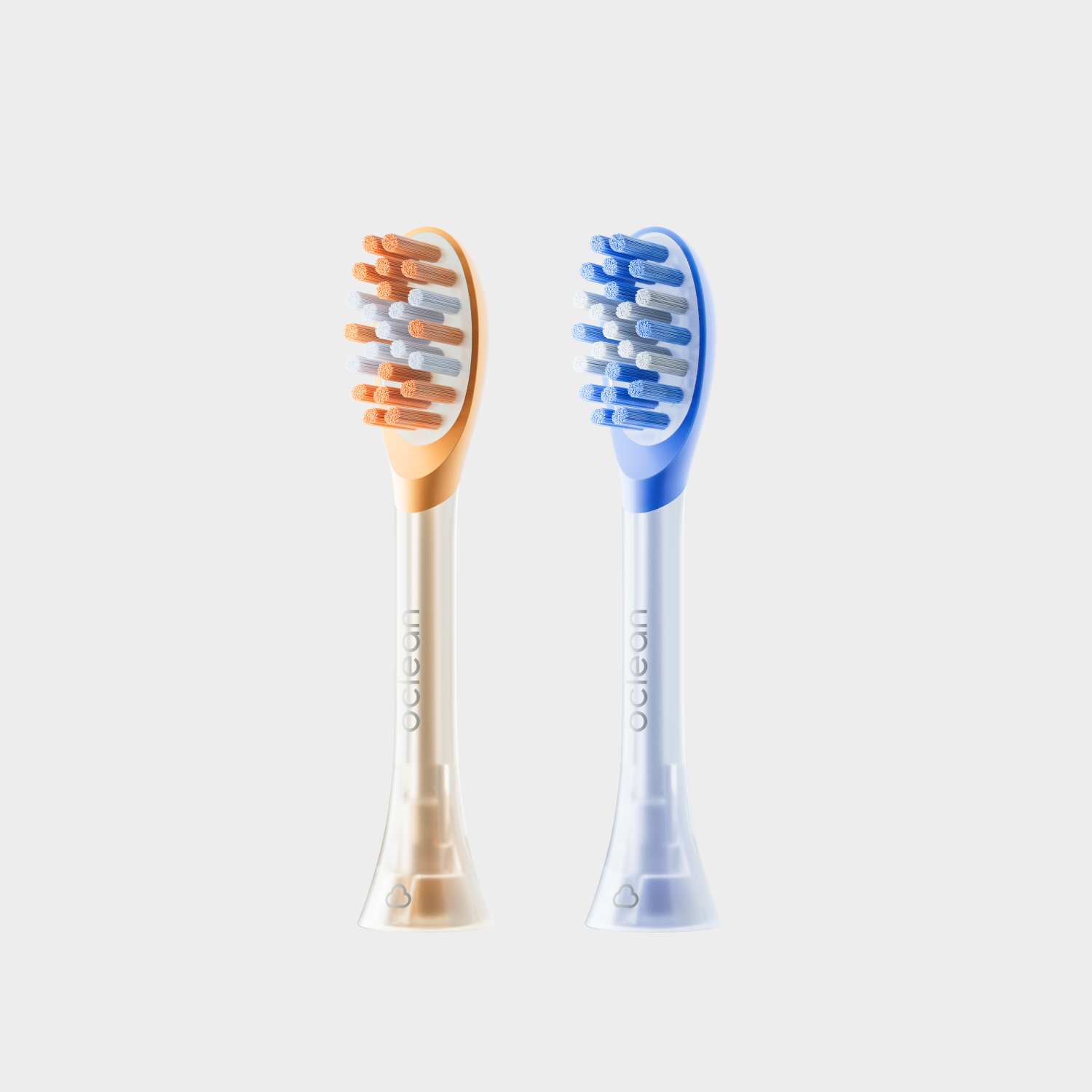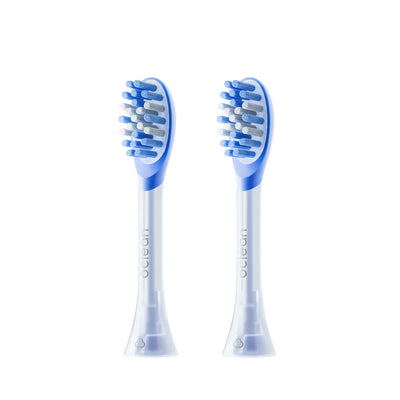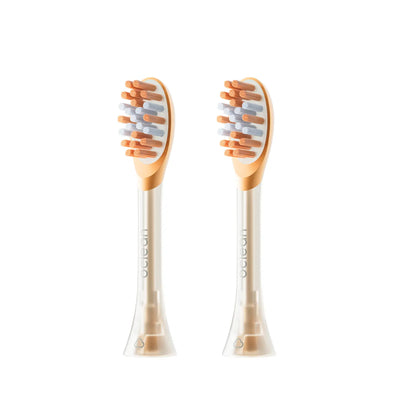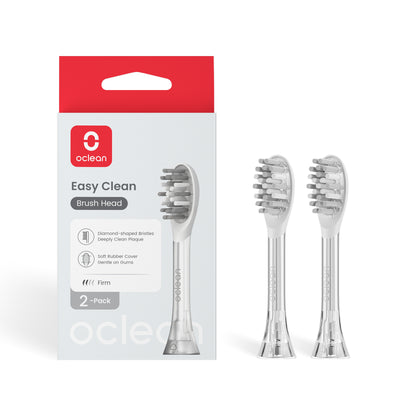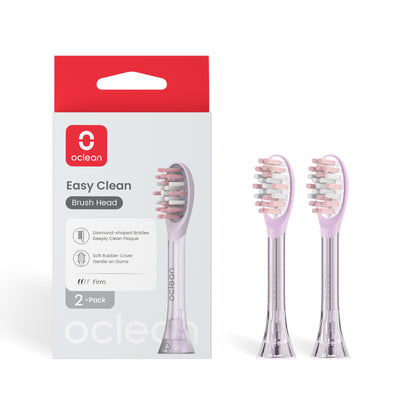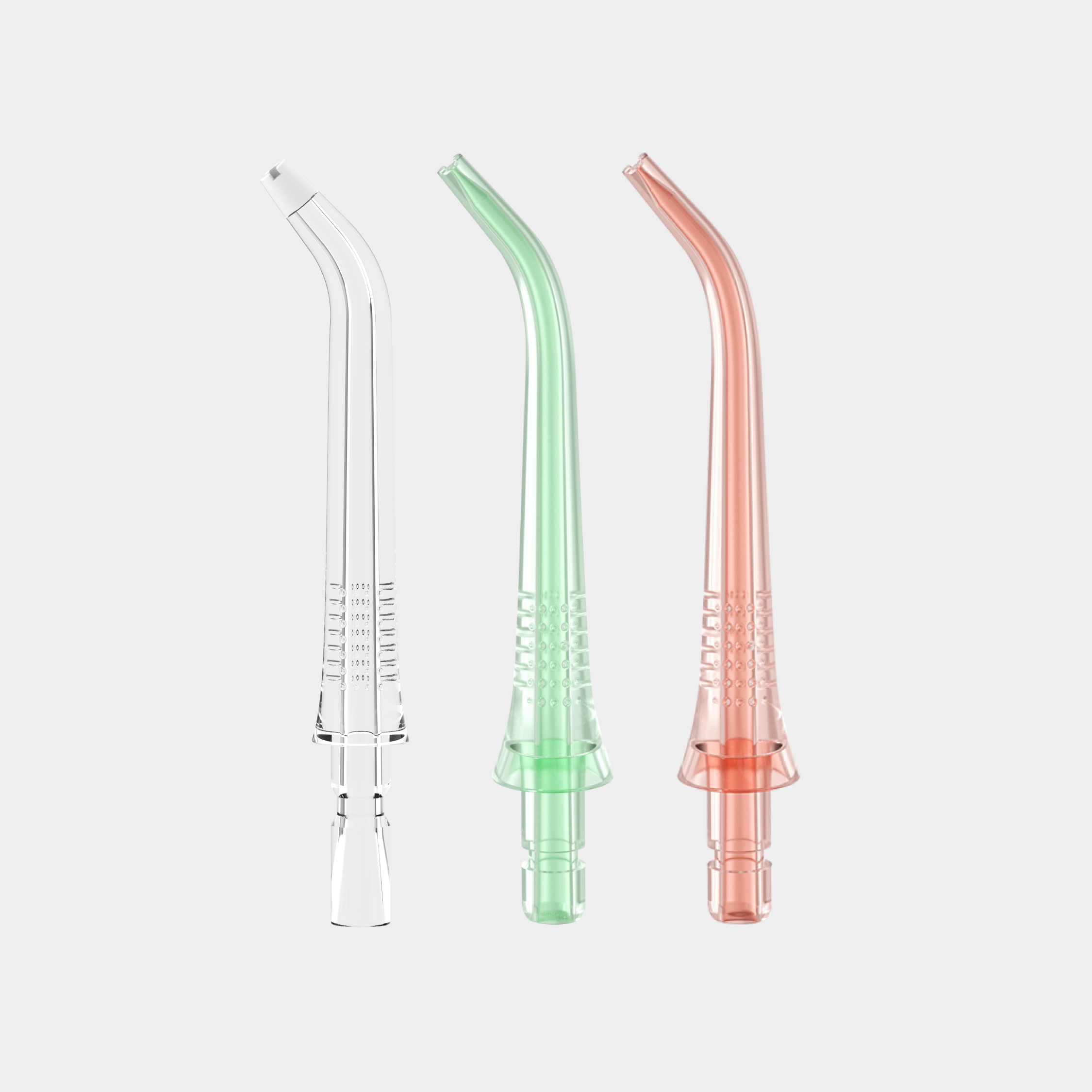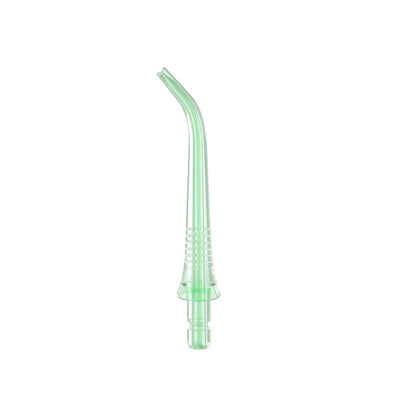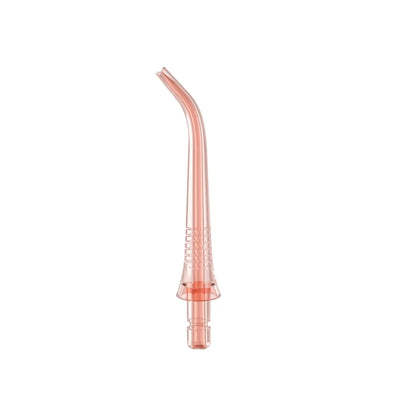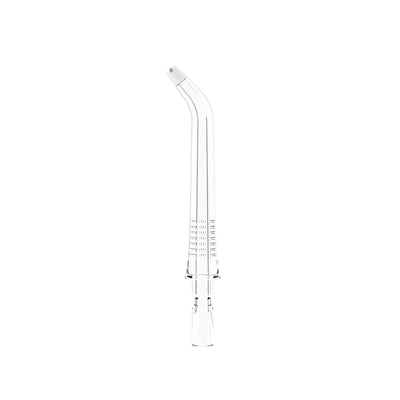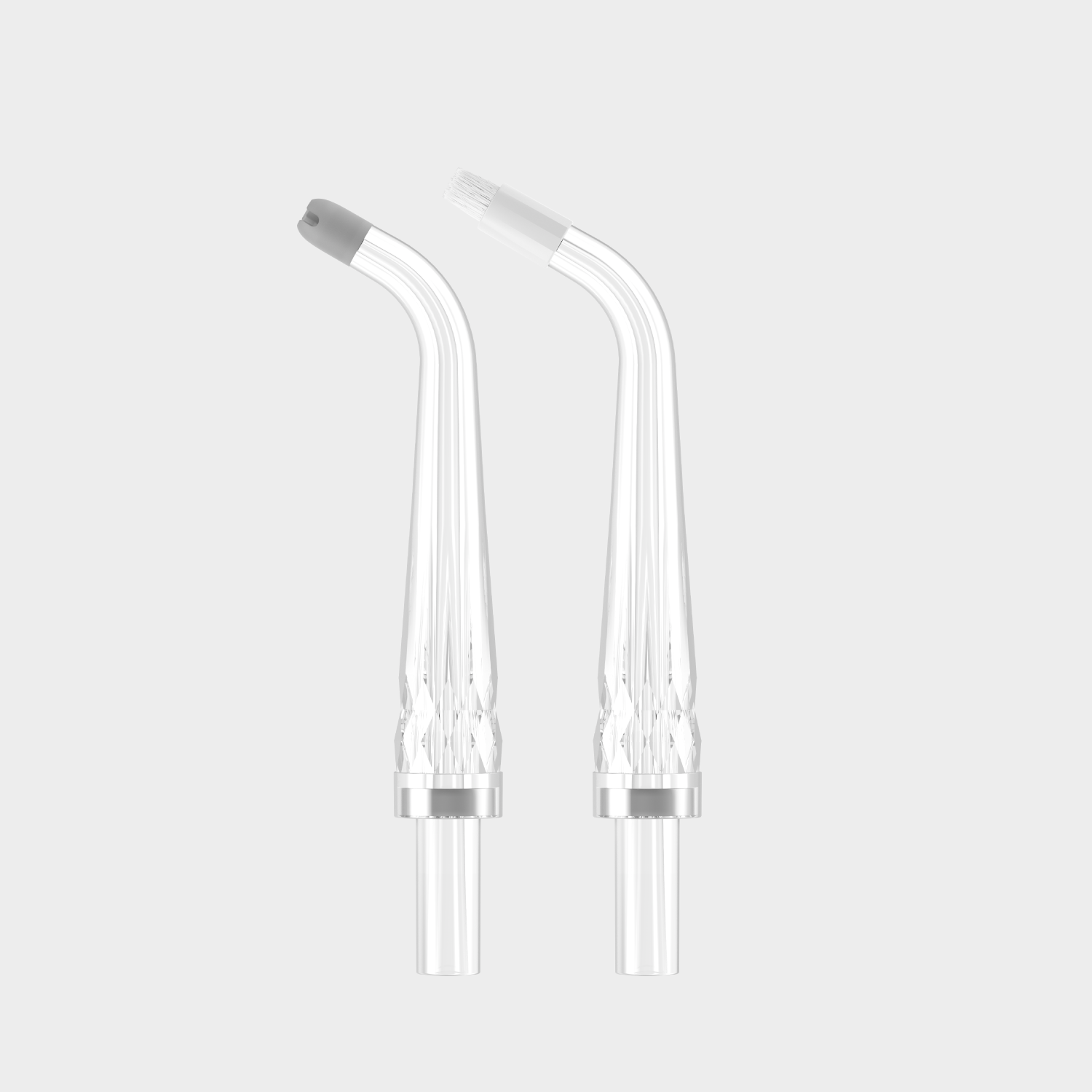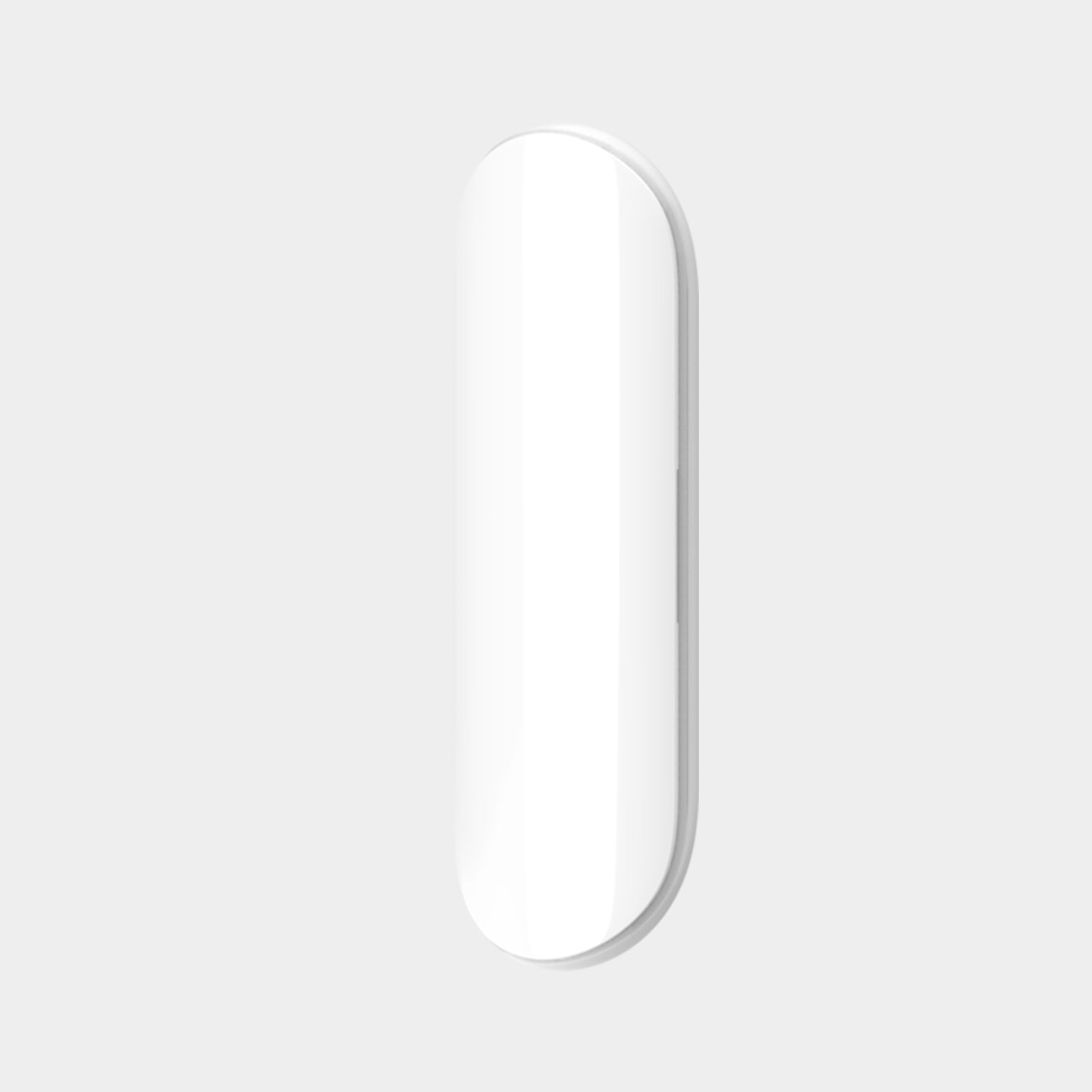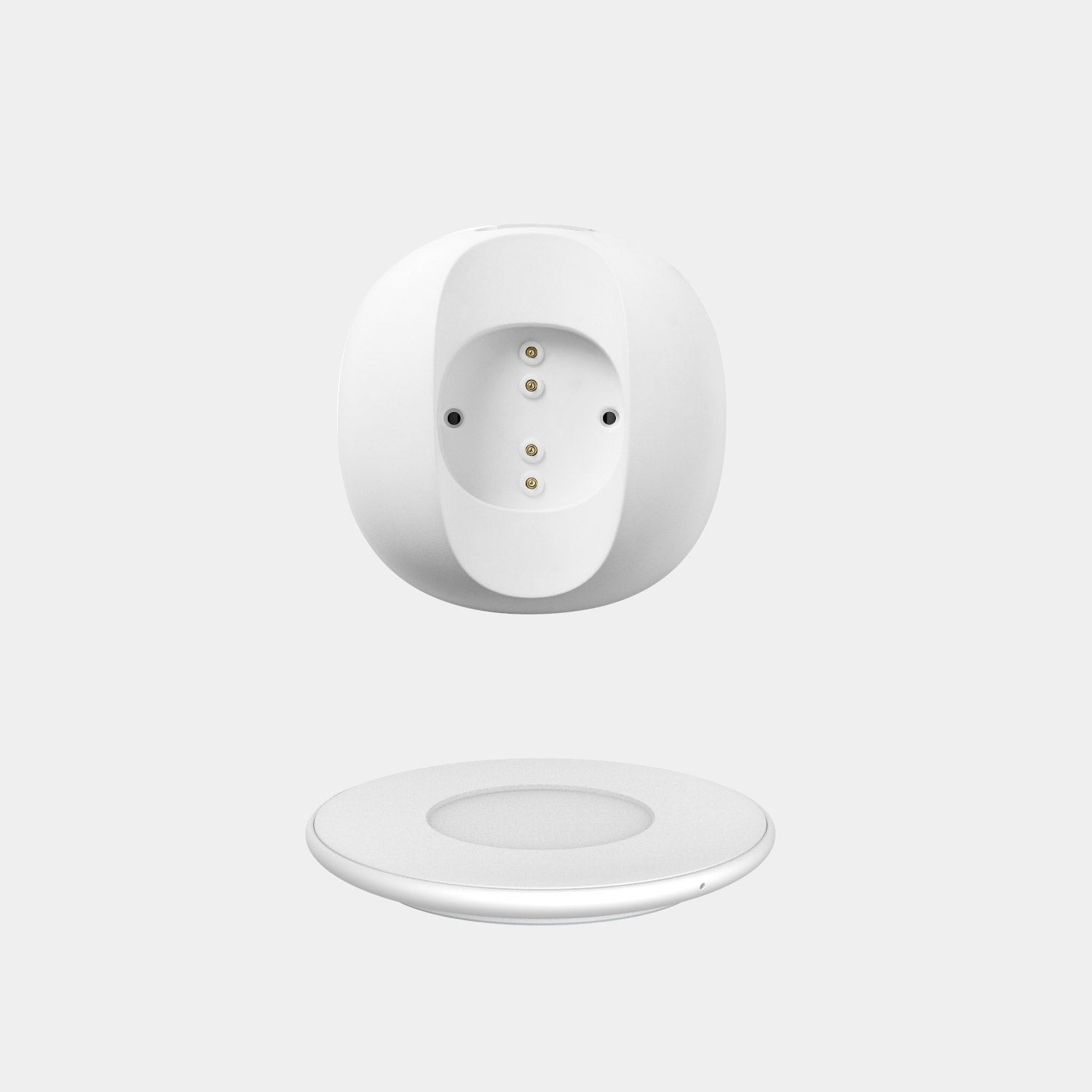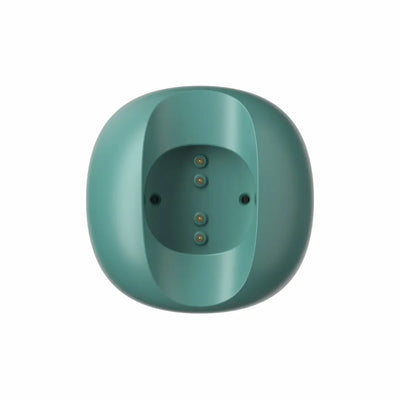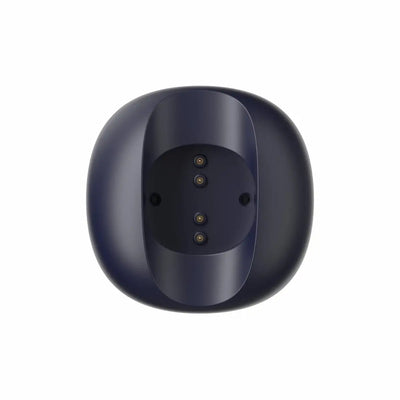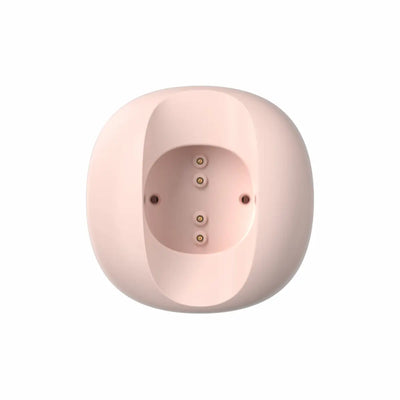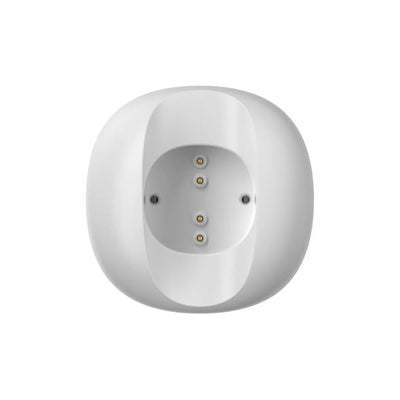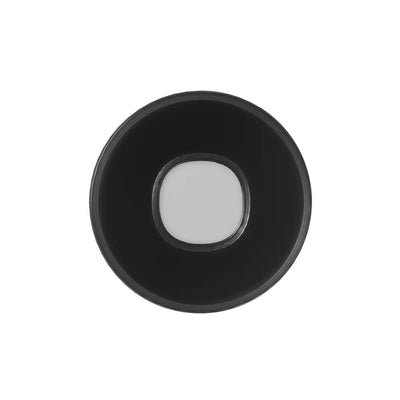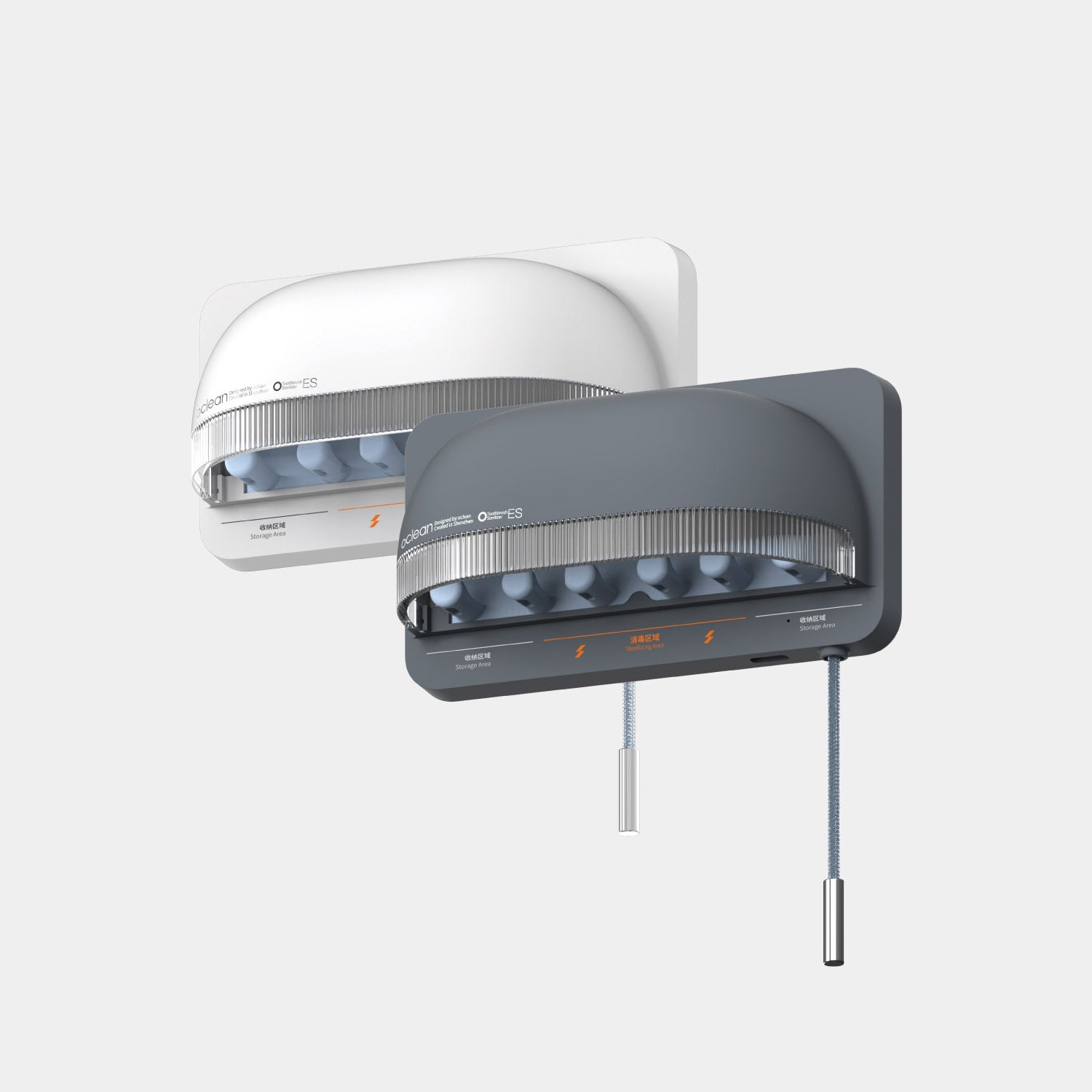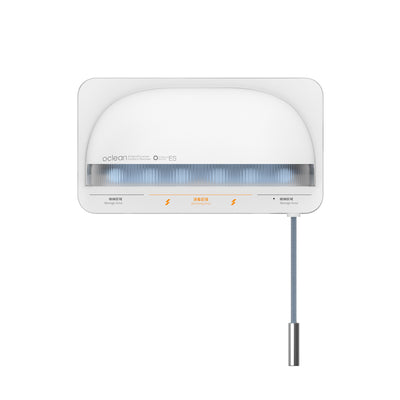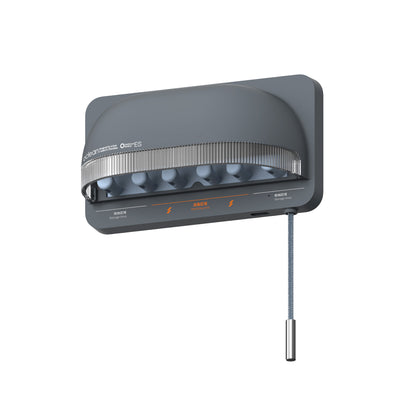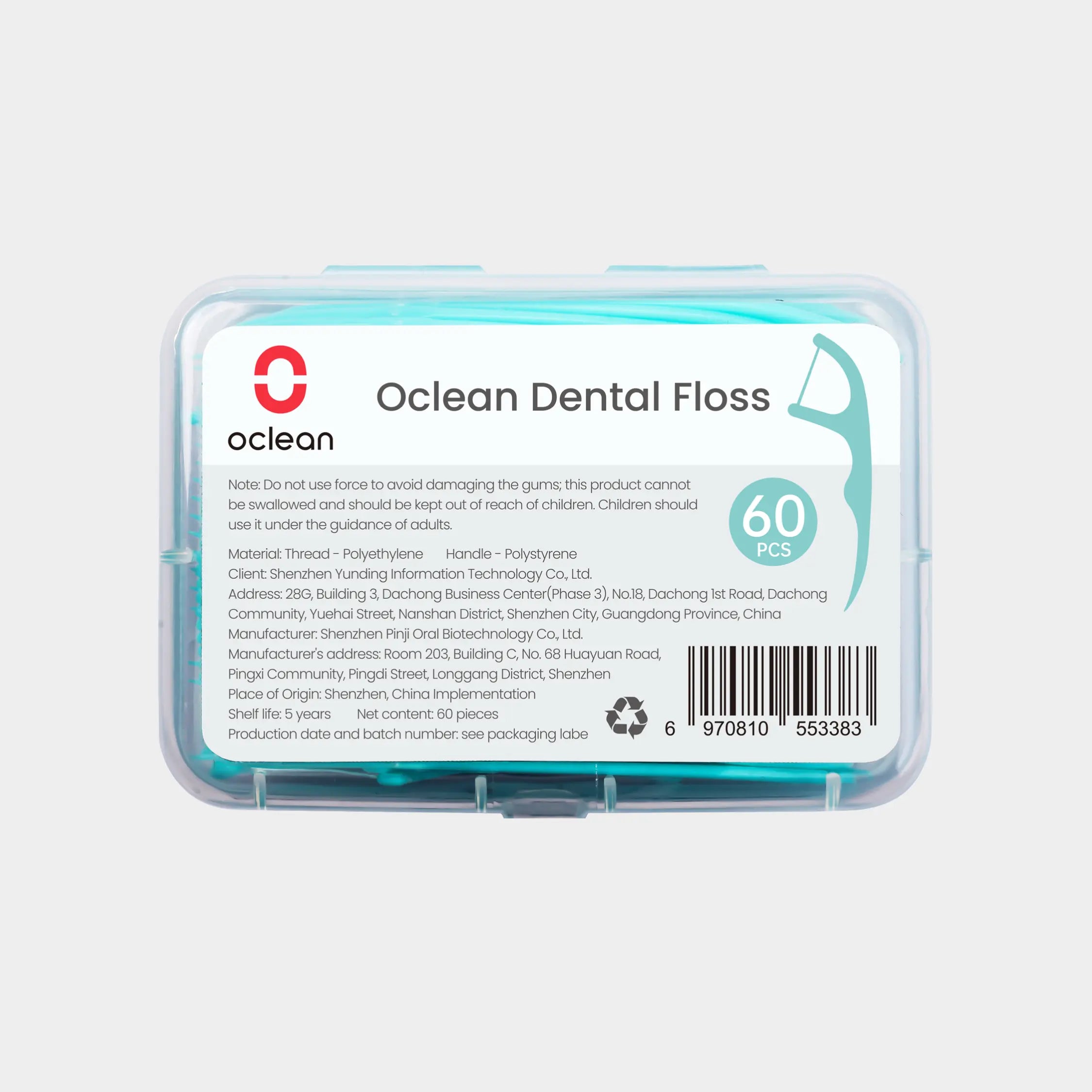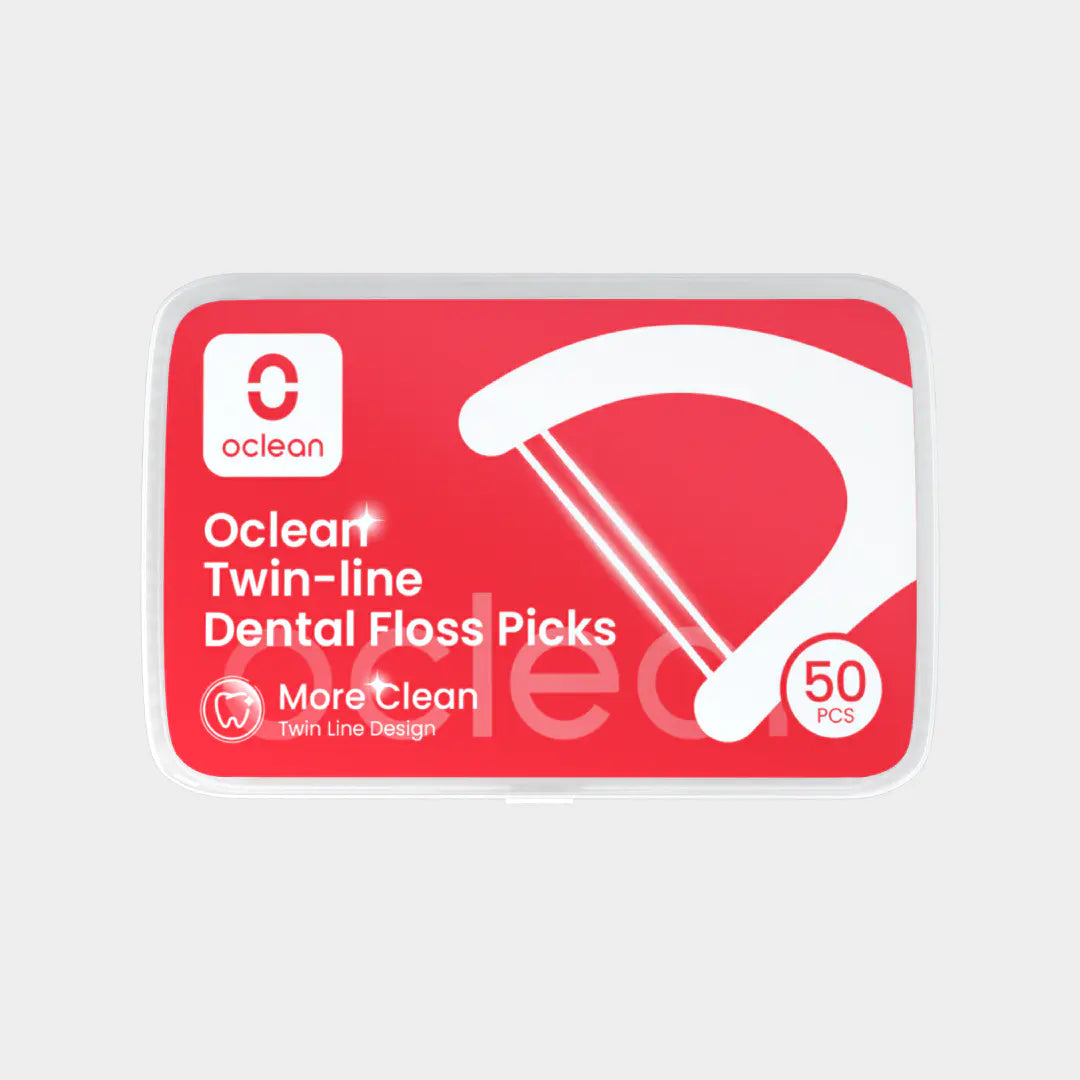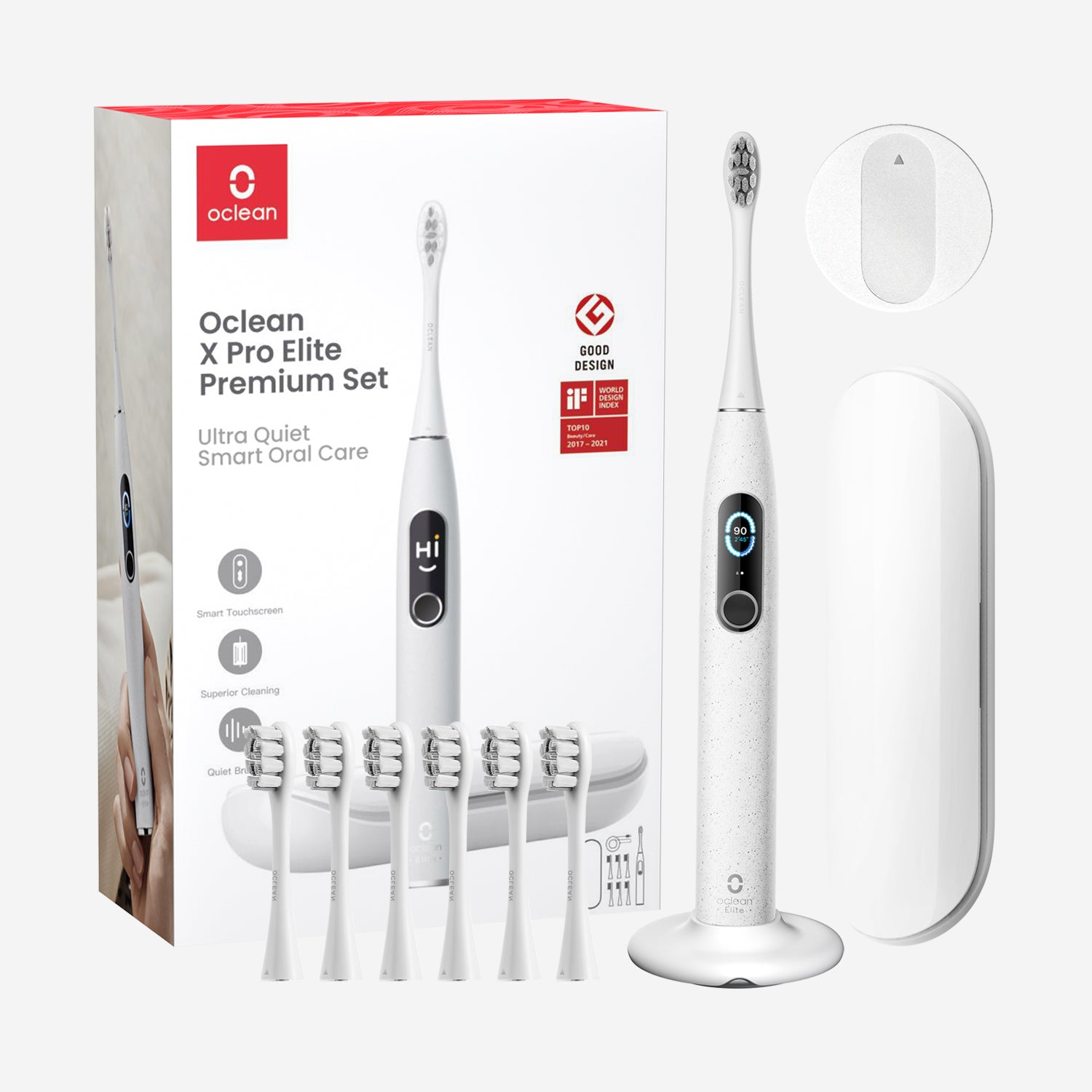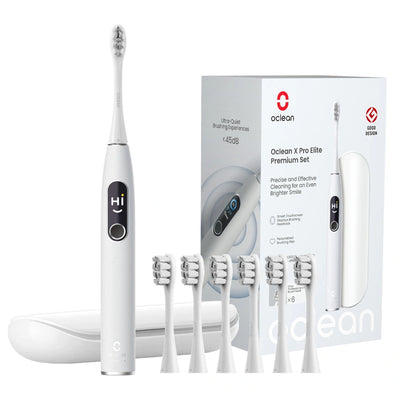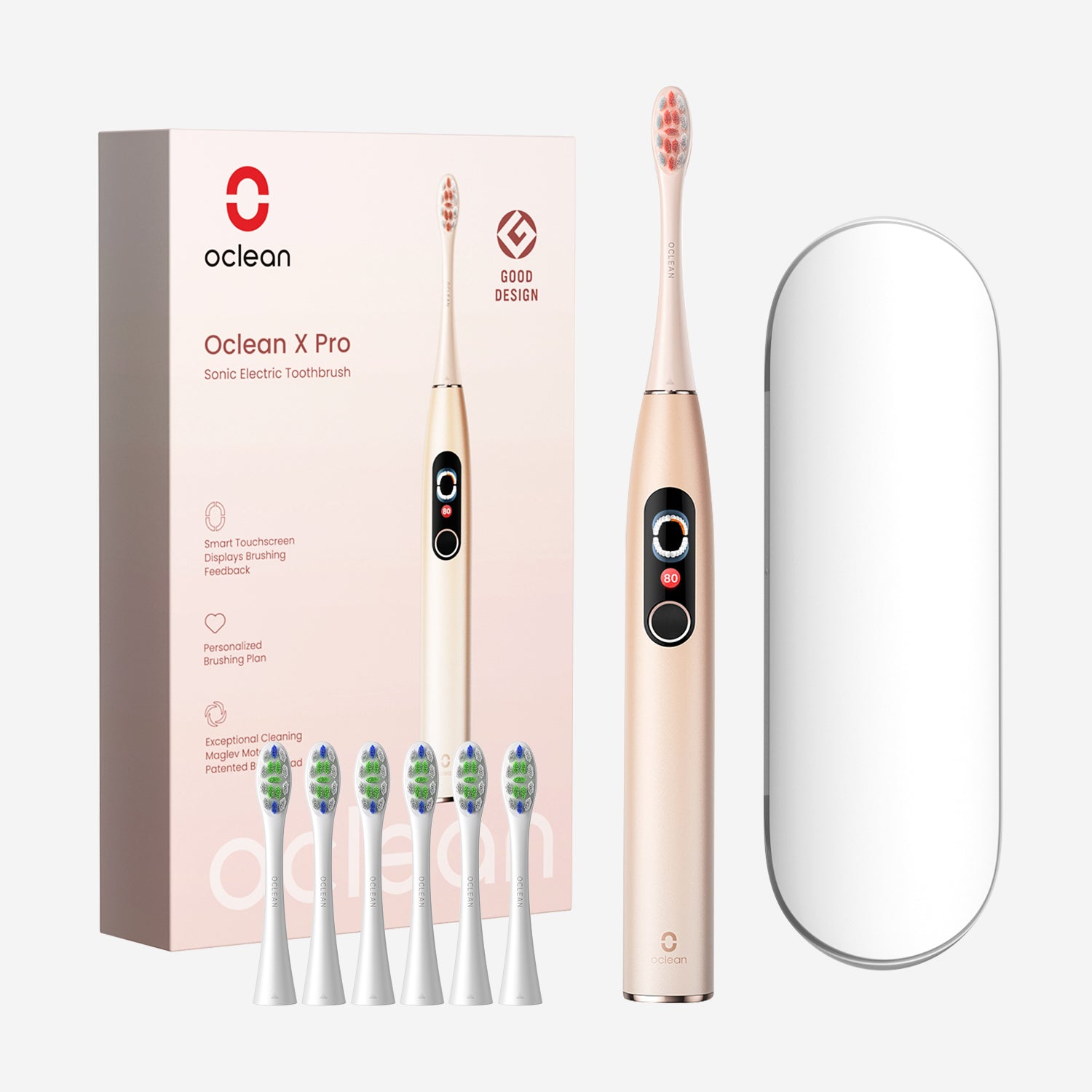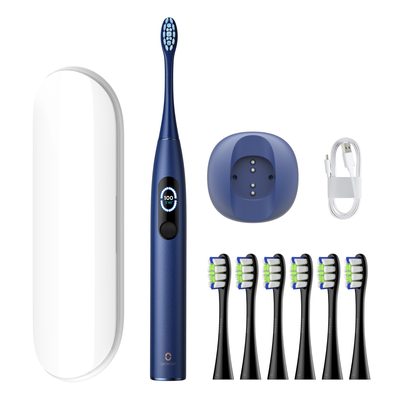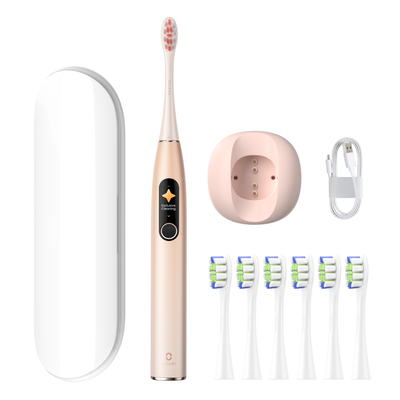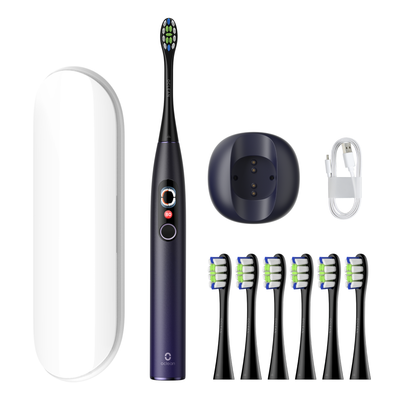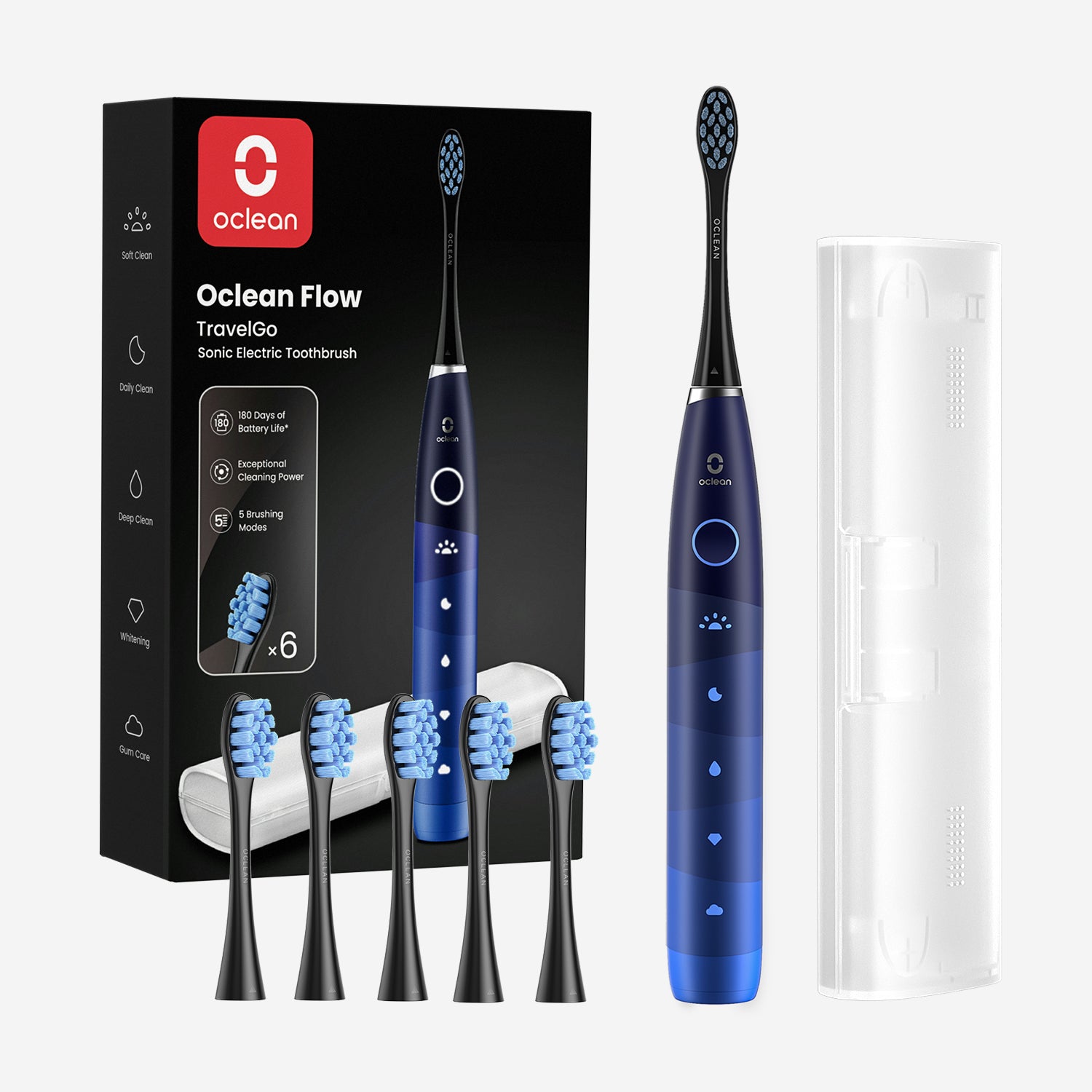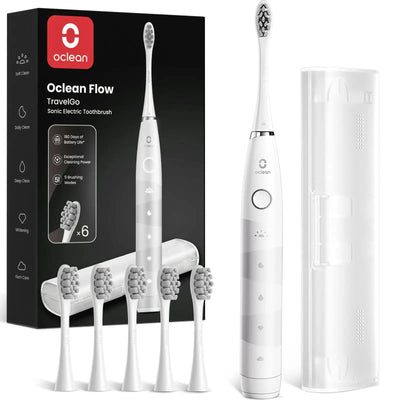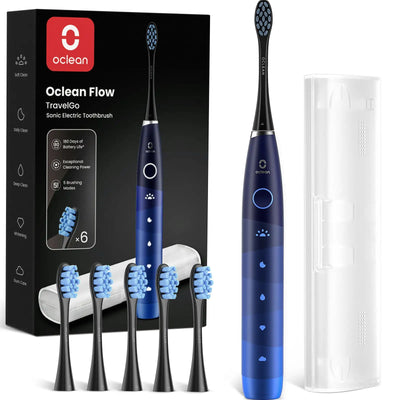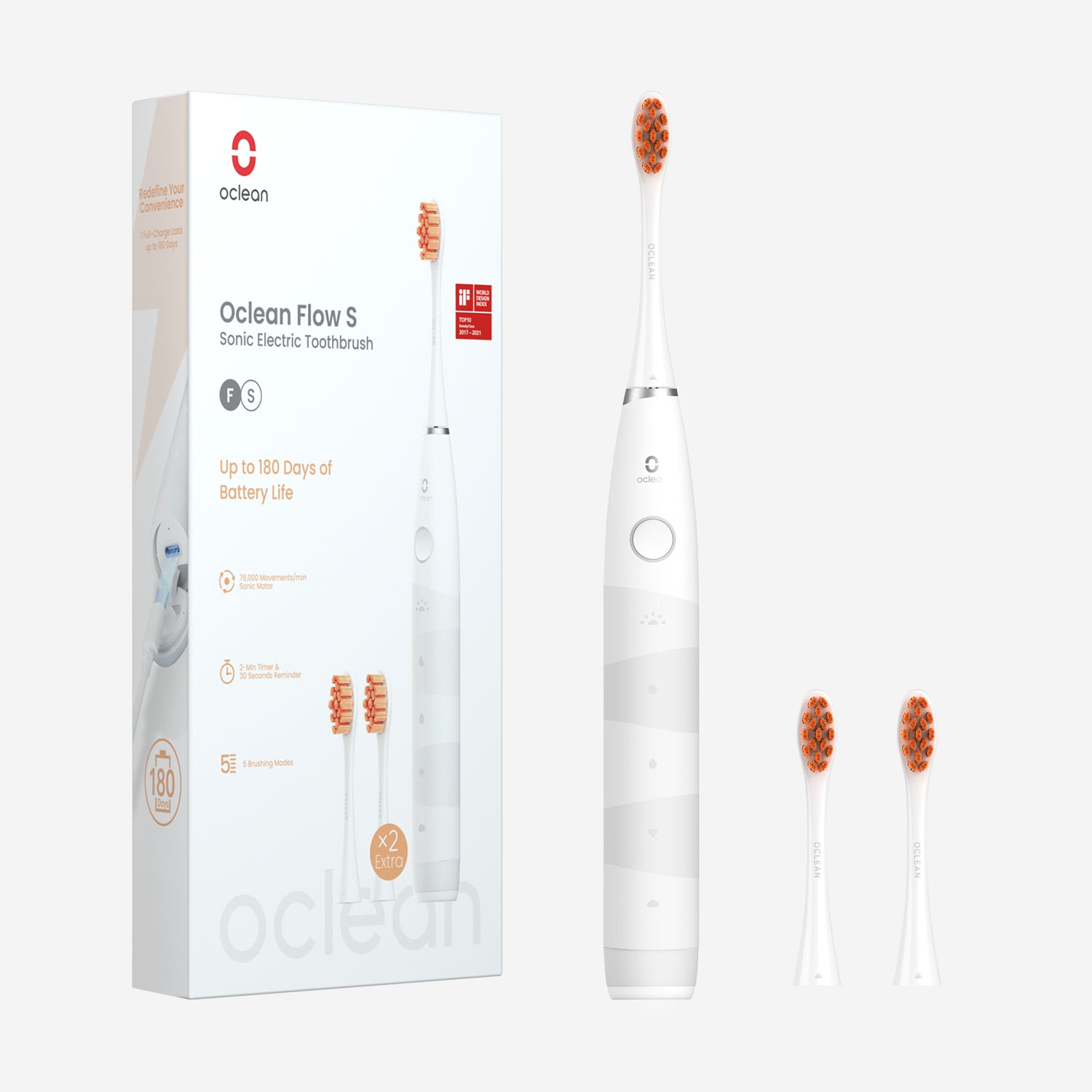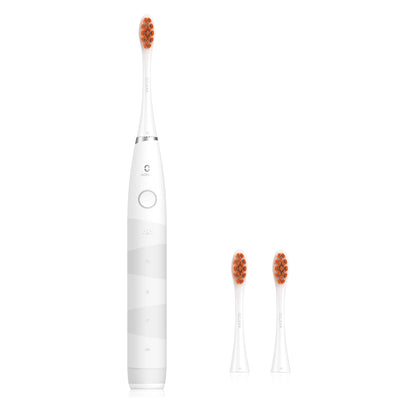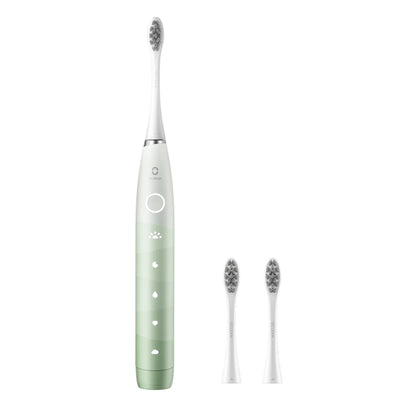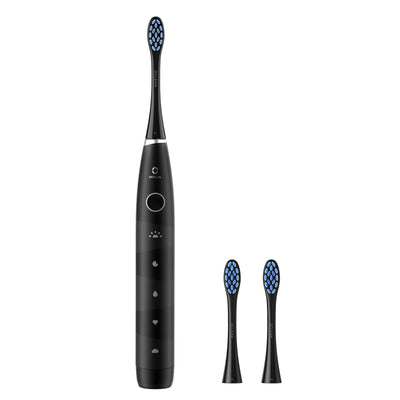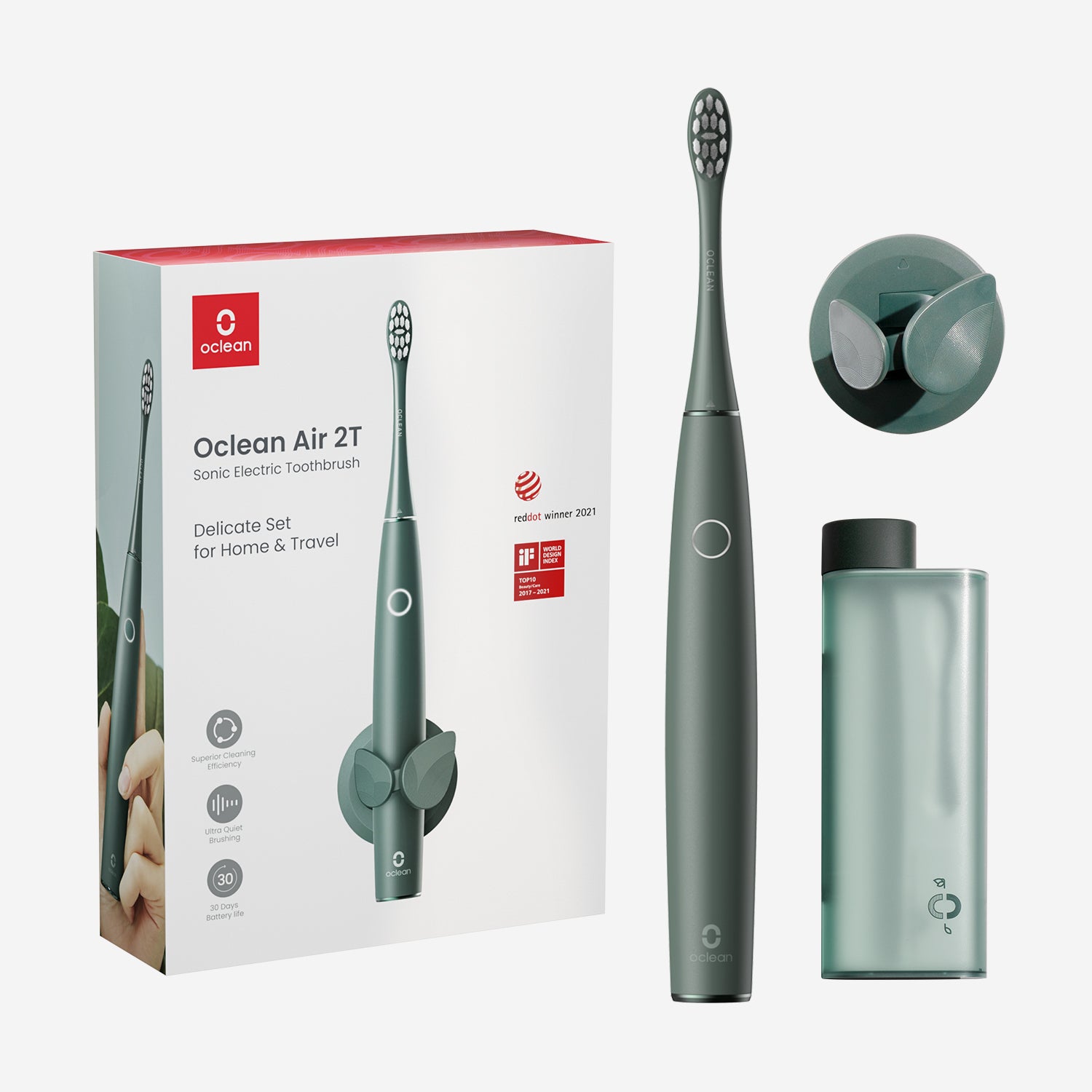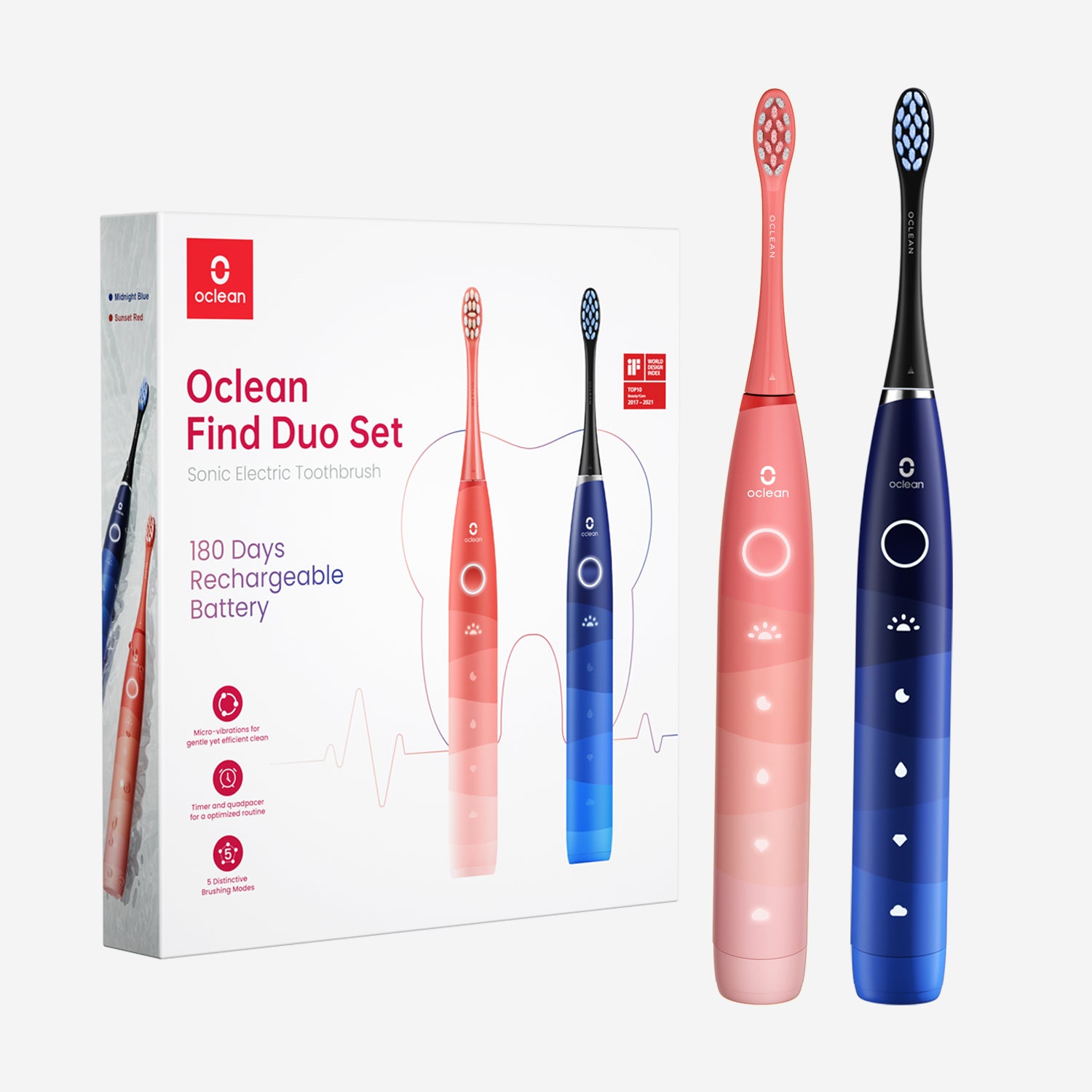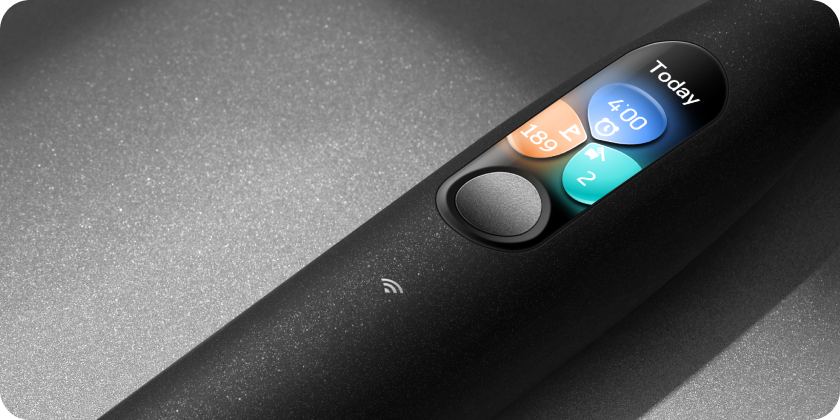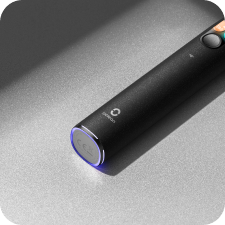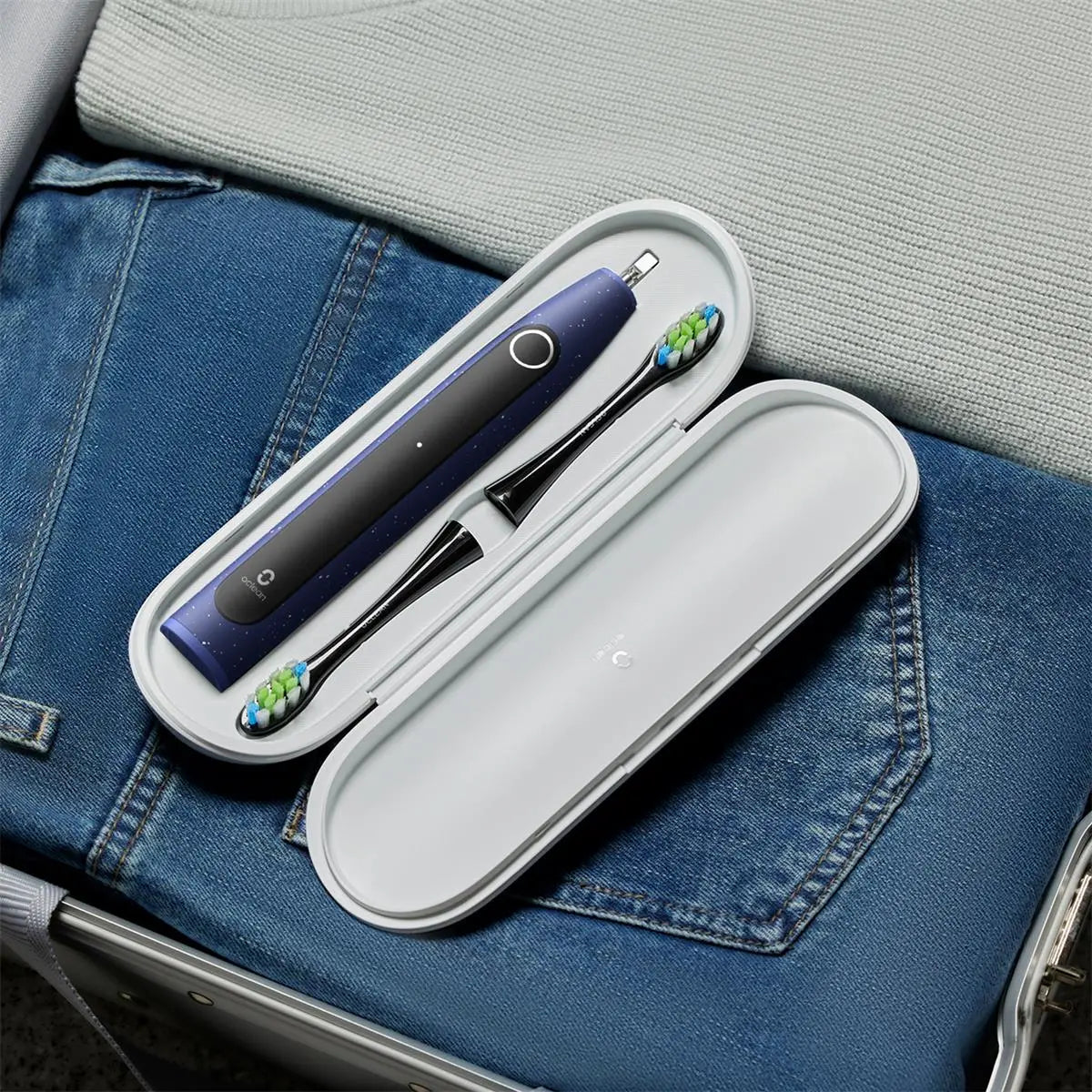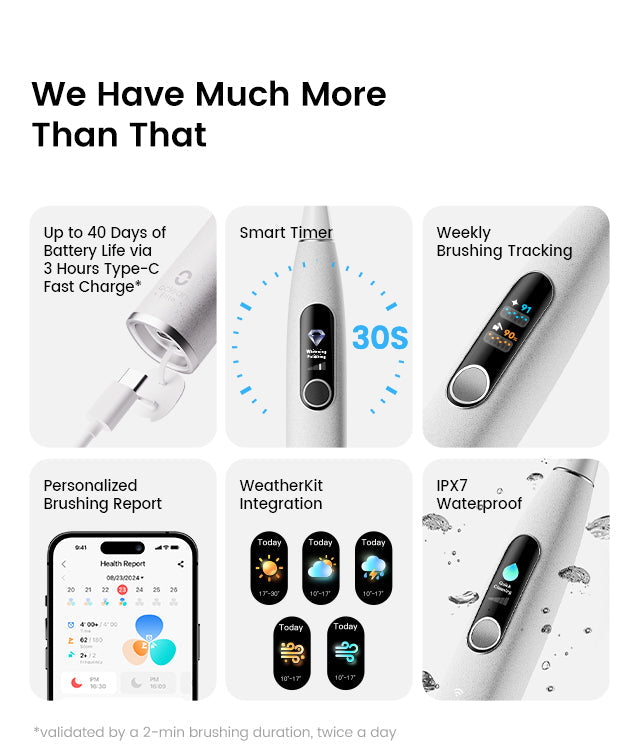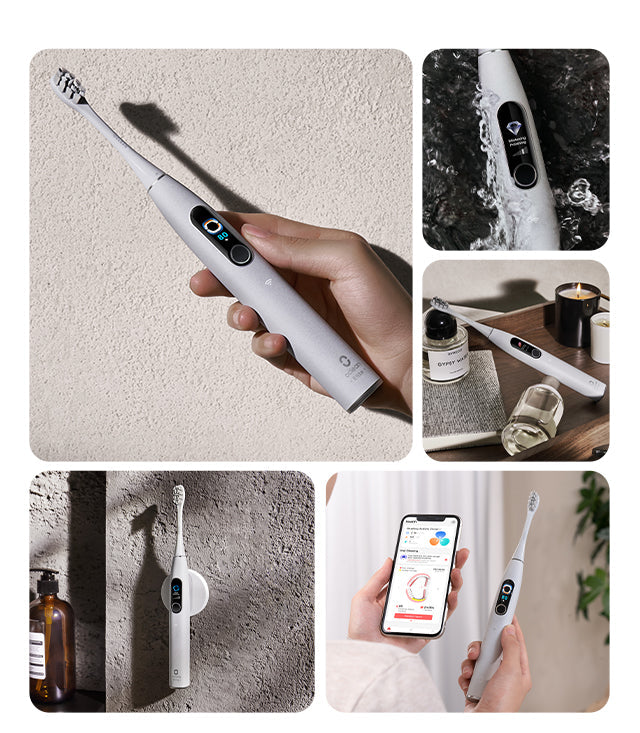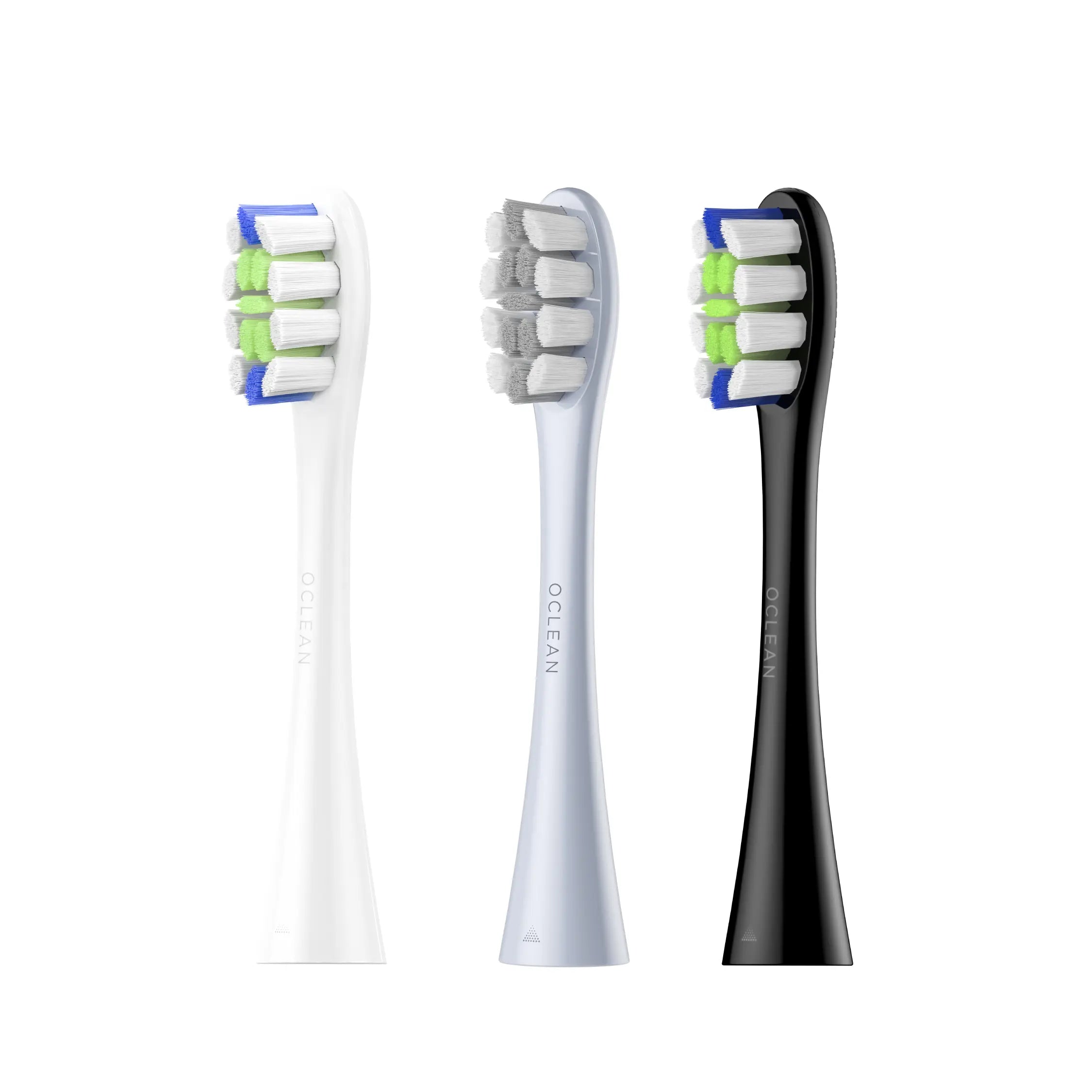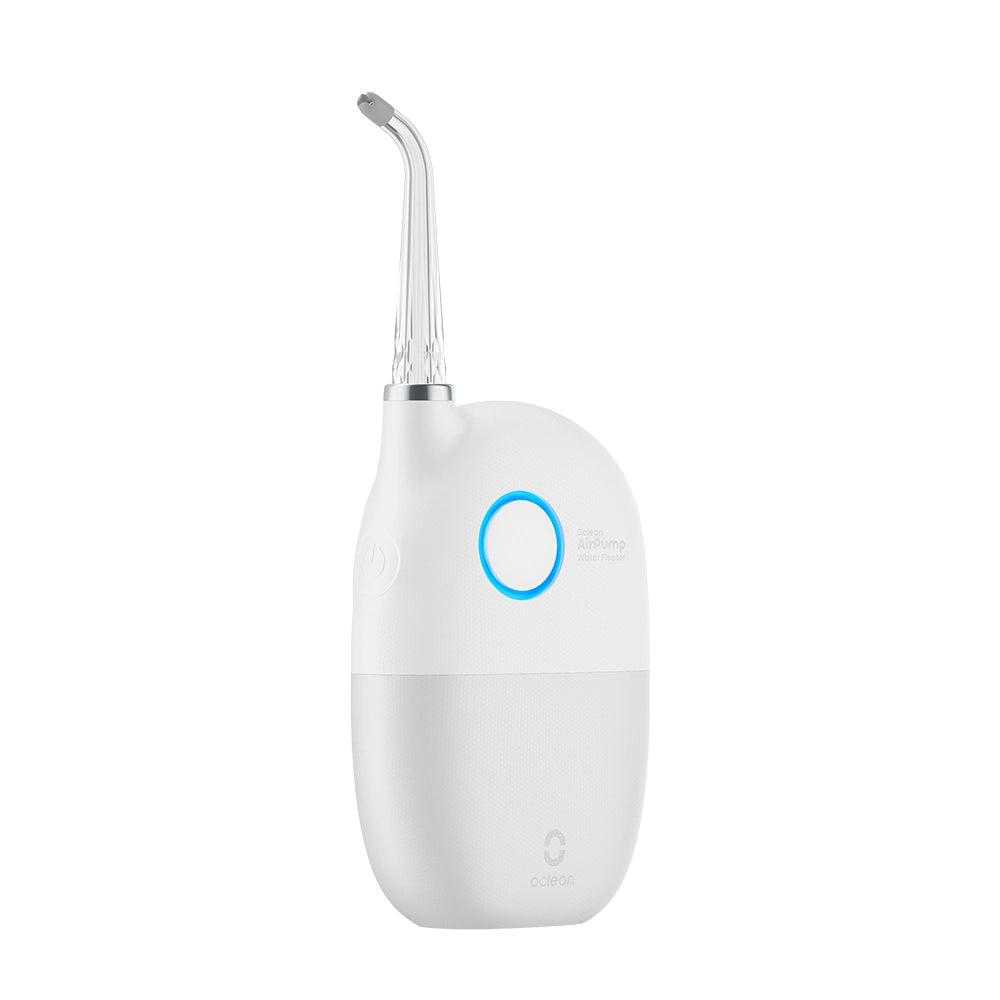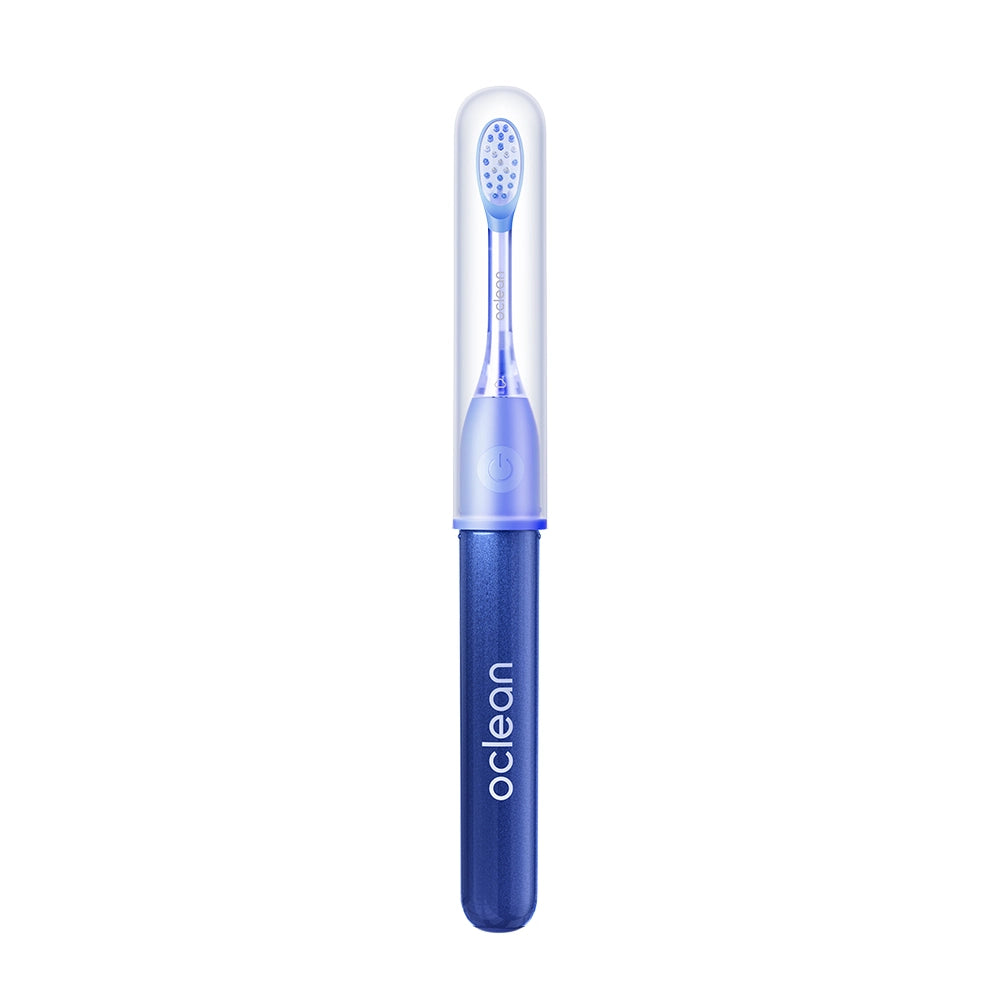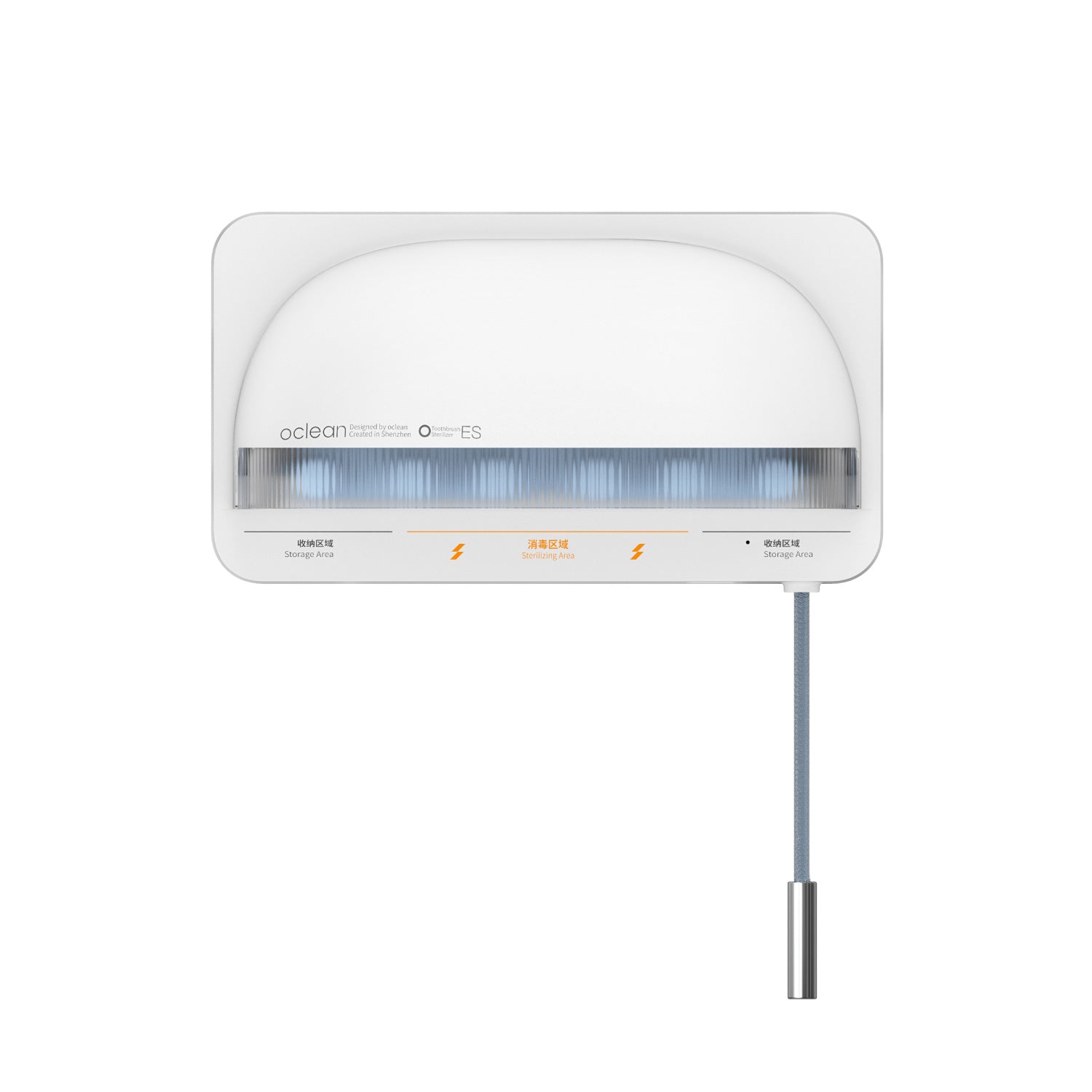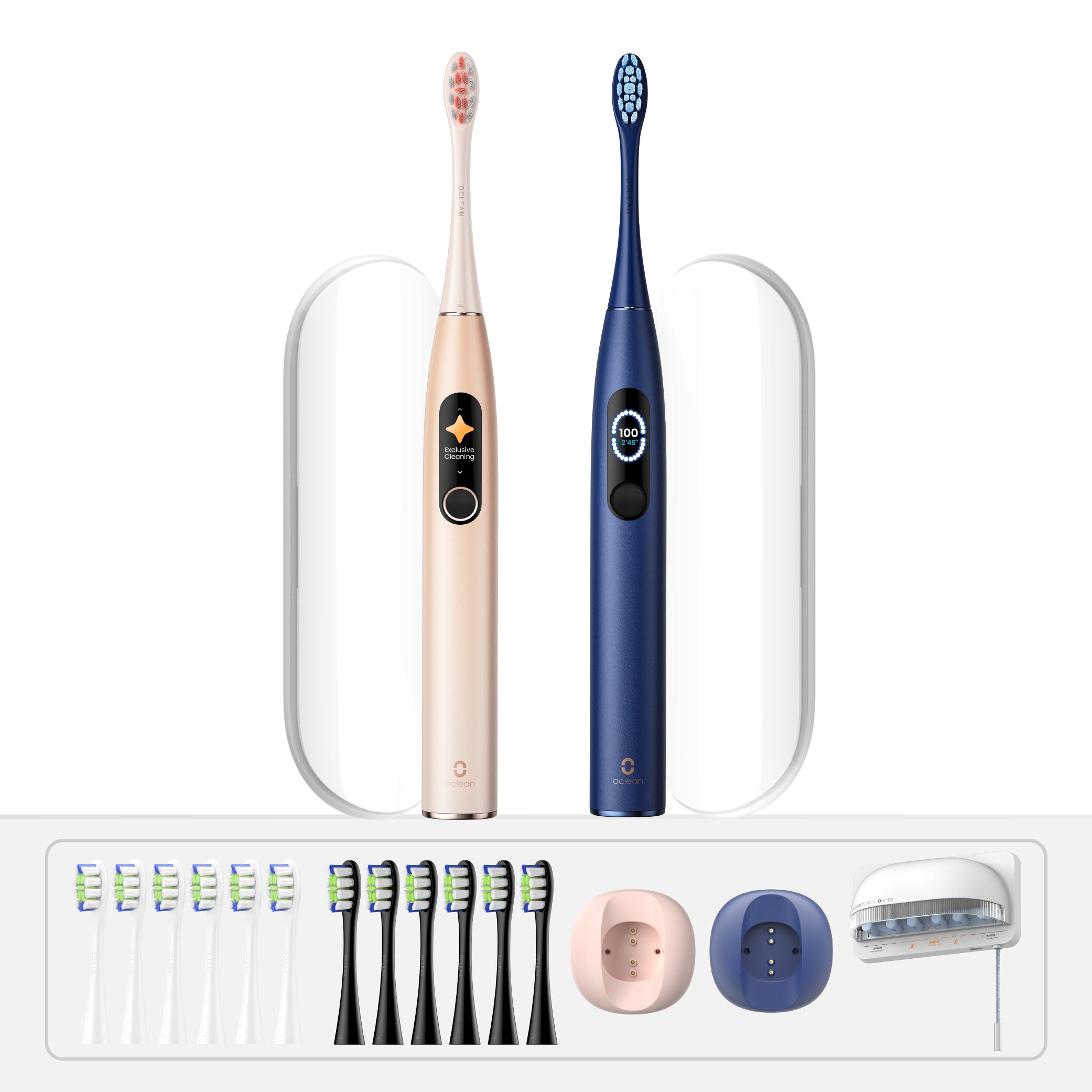You're brushing your teeth every day, but is it effective? What if your "good habit" is quietly damaging your gums, bypassing plaque, and wasting your time? In such scenarios, the top patient and expert debate is electric vs manual toothbrush; what comes out on top?
Across Europe, dentists are urging people to rethink their approach to oral care. What you do and how you do it can be the difference between having a healthy mouth and a lifetime of dental issues. From how often you should brush through to what toothbrush is right for you, expert advice has never been more important.
This article summarizes information from European dental organizations, interviews with dentists, and brushing methods endorsed by experts. If you have braces, dental implants, or just need a cleaner, here's what experts really say.
Electric vs Manual Toothbrush: What's the Real Difference?
On the face of it, an electric toothbrush and a manual one can look like two roads to the same destination. However, dentists across Europe are quick to point out: it's not just about brushing, but rather about brushing effectively.
Manual toothbrushes are entirely reliant on the brushing technique, which is normally imperfect. "Most people brush too hard or not long enough," also, "A manual brush requires perfect form, which only a few possess."
Electric toothbrushes provide consistent motion and pressure. The majority of European dental associations, including the NHS, acknowledge the fact that electric brushes do a better job of removing plaque, especially in the more difficult-to-reach areas.
Additionally, a recent study published in 2024 in the journal Healthcare shows that electric toothbrushes (specifically those with sonic or oscillating heads) are more successful at getting rid of gingivitis and plaque than manual toothbrushes in the long term.
But this is the myth-busting twist: manual brushes can be just as good, but only if used flawlessly in technique for two entire minutes.
Electric toothbrushes just limit the scope for mistakes, so they are a smarter choice for regular users. Read more about the benefits of sonic electric toothbrushes here.
How Often and How Long Do You Brush?
Two times a day, for two complete minutes; this is the norm.
It sounds straightforward enough, but most fail to do it either in duration or approach.
European health bodies and the World Dental Federation (FDI) mandate brushing in the morning and before bedtime using fluoride toothpaste. Brushing before bed is mandatory, as it removes bacterial build-up and food bits prior to retiring. Electric toothbrushes help establish these habits. The majority of them come with timers incorporated that pulse every 30 seconds to ensure even brushing on all four quadrants. Some incorporate pressure sensors that prompt you when you are brushing too hard.
Skipping nighttime brushing or rushing the process increases your risk of cavities, gum disease, and enamel erosion. Also, brushing more than three times a day can wear down enamel, a common mistake among overly enthusiastic brushers.
As for toothpaste, WHO guidelines recommend at least 1,000 ppm of fluoride. Children should use age-appropriate fluoride levels to avoid dental fluorosis.
Consistency is more important than intensity, either with a manual toothbrush or an electric one. Regularity and sufficient duration of brushing guarantee long-term oral health.
When Is an Electric Toothbrush Superior? (Braces, Implants, Sensitivity)
Some dental conditions require more than dedication. They require the appropriate technology. That is where electric toothbrushes, particularly sonic ones, decidedly excel over their manual counterparts.
For braces patients, actually cleaning is infamous for being terrible. Food and plaque get lodged in brackets and wires. An electric toothbrush with an oscillating or sonic head will get around these obstructions much better than a regular toothbrush, which tends to have no luck getting into tight spaces.
Dental implants require meticulous cleaning to prevent peri-implantitis, a gum infection that can destroy the implant. Sonic toothbrushes, like Oclean, have high-frequency vibrations that clean efficiently without scrubbing vigorously.
Therefore, if you have sensitive teeth or gums, an electric toothbrush, preferably a sonic toothbrush, would be a gentler option. They require less pressure and have sensitive mode options for sensitive mouths. A study in the International Dental Journal showed that people using sonic brushes had decreased gum sensitivity over time.
Until now, we have used different phrases like 'sonic', 'rotating' and 'electric' toothbrush. If you are not sure about all of these terms, read our complete guide before moving forward.
In the end, in all these situations, the margin for error with a manual brush is just too much. Electric toothbrushes take the guesswork out and provide settings for a wide range of dental needs.
Common Myths About Electric Toothbrushes
Electric toothbrushes have been shrouded in myths that discourage many from making the transition. One of the most common myths is that they're too abrasive on the gums. The reality is that most electric brushes come with pressure sensors and soft bristles to traverse delicate tissue. It's rough manual brushing that's usually at fault for gum recession.
Another myth? That electric toothbrushes are not worth the money because manual brushing is adequate. Technically, yes. But only if you brush with flawless technique, for the optimal duration, twice a day, every single day. Most individuals don't.
And some believe that electric toothbrushes are awful for sensitive teeth. The reverse. Sonic brushes, in particular, are extremely gentle but effective at cleaning teeth, often with special modes on offer for those with sensitive teeth.
And finally, that only children and older people need electric brushes is old thinking. European dentists now strongly recommend them to anyone who wishes to improve consistency and technique.
Electric toothbrushes aren't a trend. They're an appliance, one that, if used correctly, greatly enhances your oral care. European dentists don't just recommend them; several of them use them in their own mouths.
By refuting these myths, it can be seen that sonic electric toothbrushes are not just safer but also intelligent.
How to Brush Properly with an Electric Toothbrush
The change from manual to electric comes with a change in technique. The greatest mistake new users make? Brushing like it is still manual.
With an electric toothbrush, the concept is to have the brush do the work for you, not scrub. Hold the head at a 45-degree angle to your gum line. Glide tooth by tooth slowly, letting the vibrations clean. Divide your mouth into four sections and spend 30 seconds on each. Most electric toothbrushes have a timer in them to help you stay on track.
Don't press too hard. Too much pressure will trigger the sensor and decrease brushing efficiency. If your model has multiple modes, select one based on your needs—"sensitive," "clean," or "whiten."
Don't leave the inner surfaces of your teeth and your tongue behind. Rinse the brush head thoroughly after brushing and place it in an upright position to store it.
Replace the head of the brush every three months or sooner if the bristles get frayed. A worn head is less effective and may irritate gums.
Brushing effectively with an electric toothbrush is not hard, but it does require focus. Once you master the technique, the results often do speak for themselves.
The Role of Routine Dental Checkups
Even the best brushing regimen can't substitute for professional dental care. European dentists highly suggest a visit to your dentist at least once every six months for a complete checkup and cleaning. These can detect early cavities, gum disease, and enamel wear, problems even the most improved toothbrush can't identify.
Your dentist can also evaluate whether your brushing method is actually effective and if your existing oral care equipment is adequate for you. Pairing a good sonic toothbrush with frequent visits to the dentist is the most effective method of achieving long-term oral health and preventing costly dental problems in the future.
Oclean Approach to Smarter Oral Care
If you're ready to change to smarter oral care, the Oclean Air 2T Sonic Toothbrush is a great choice.

It marries highly quiet Maglev motor technology with 80,000 brush strokes per minute, delivering a powerful clean that's extremely kind to gums. Its compact, travel-friendly design makes it ideal for home use daily or on the go.
Unlike cumbersome electric brushes, the Air 2T is compact and easy to use. With 30 days' battery life and fast USB-C charging, it's as handy as it is good at getting the job done. Its integrated 2-minute timer helps you brush for the correct time, and its various brushing modes are programmable for your individual oral care requirements.
For sensitive teeth, braces, or implants, sonic technology gently deep cleans without abrasion. It's exactly the kind of tool European dentists would endorse; strong, precise, and gentle.
Learn more at Oclean Air 2T Sonic Toothbrush.
Conclusion: What European Dentists Want You to Know
European dental professionals agree: it's less about the brush and more about good brushing habits, but with the right tool, good habits are that much easier.
If you're having sensitivity, braces, implants, or just want to have a cleaner without overthinking your approach, an electric toothbrush is an investment worth making. And if you're going electric, Sonic is the way to go.
Oclean Air 2T Sonic Toothbrush encapsulates all dentists want you to take into account: effectiveness, comfort, and smart design. It is not just a toothbrush. It's an upgrade to your entire oral care regimen.
Treat your mouth to what it is owed. Switch today.
Tartalomjegyzék
